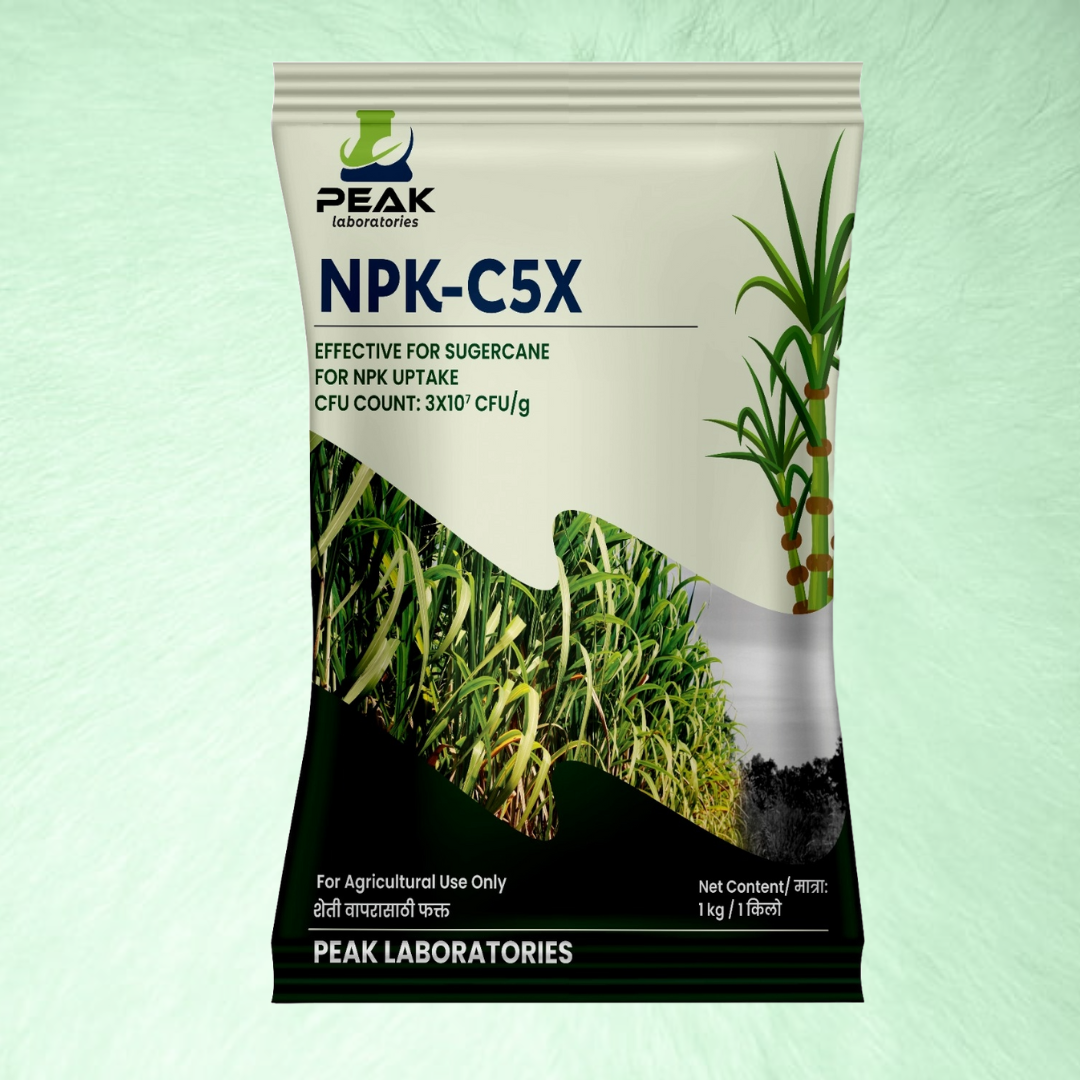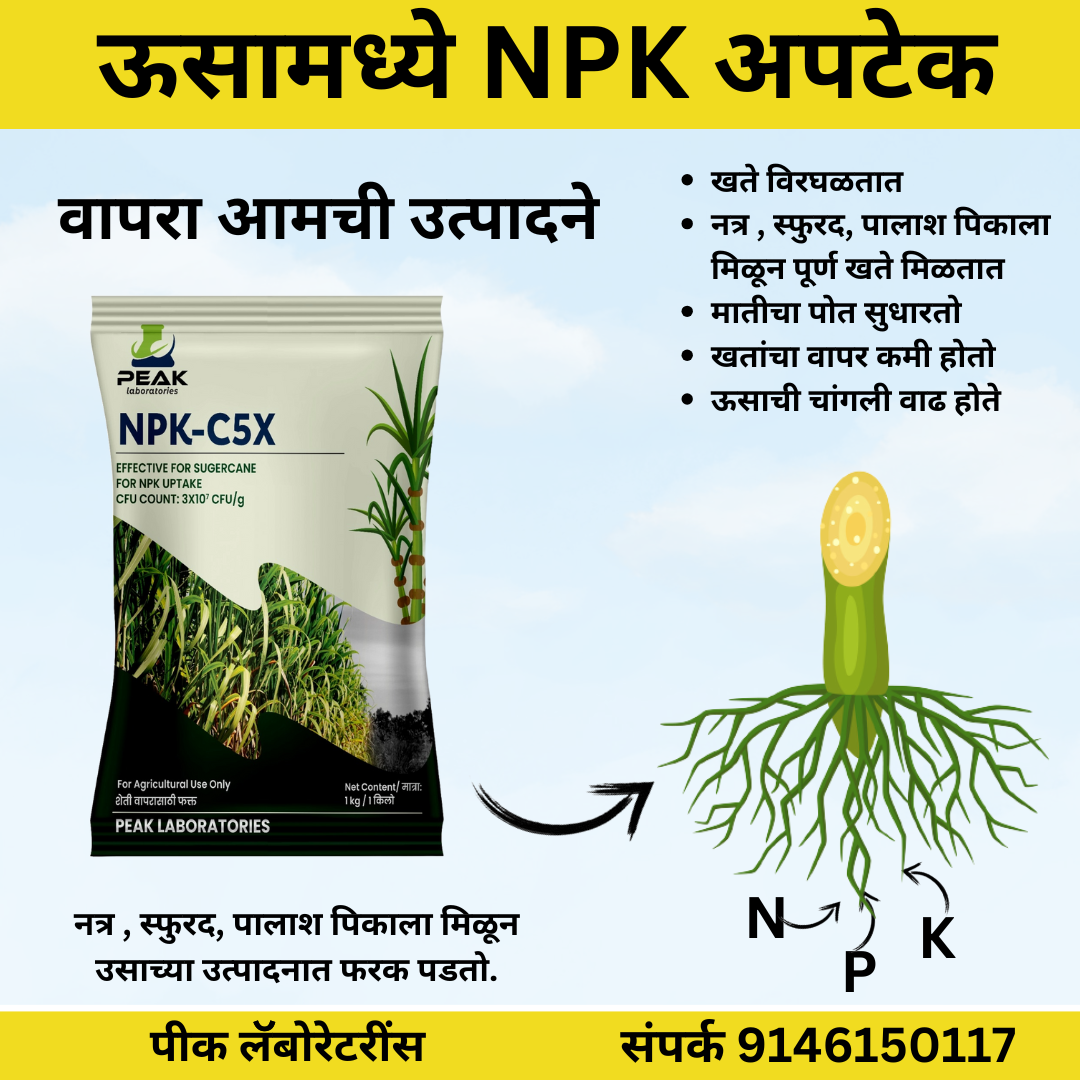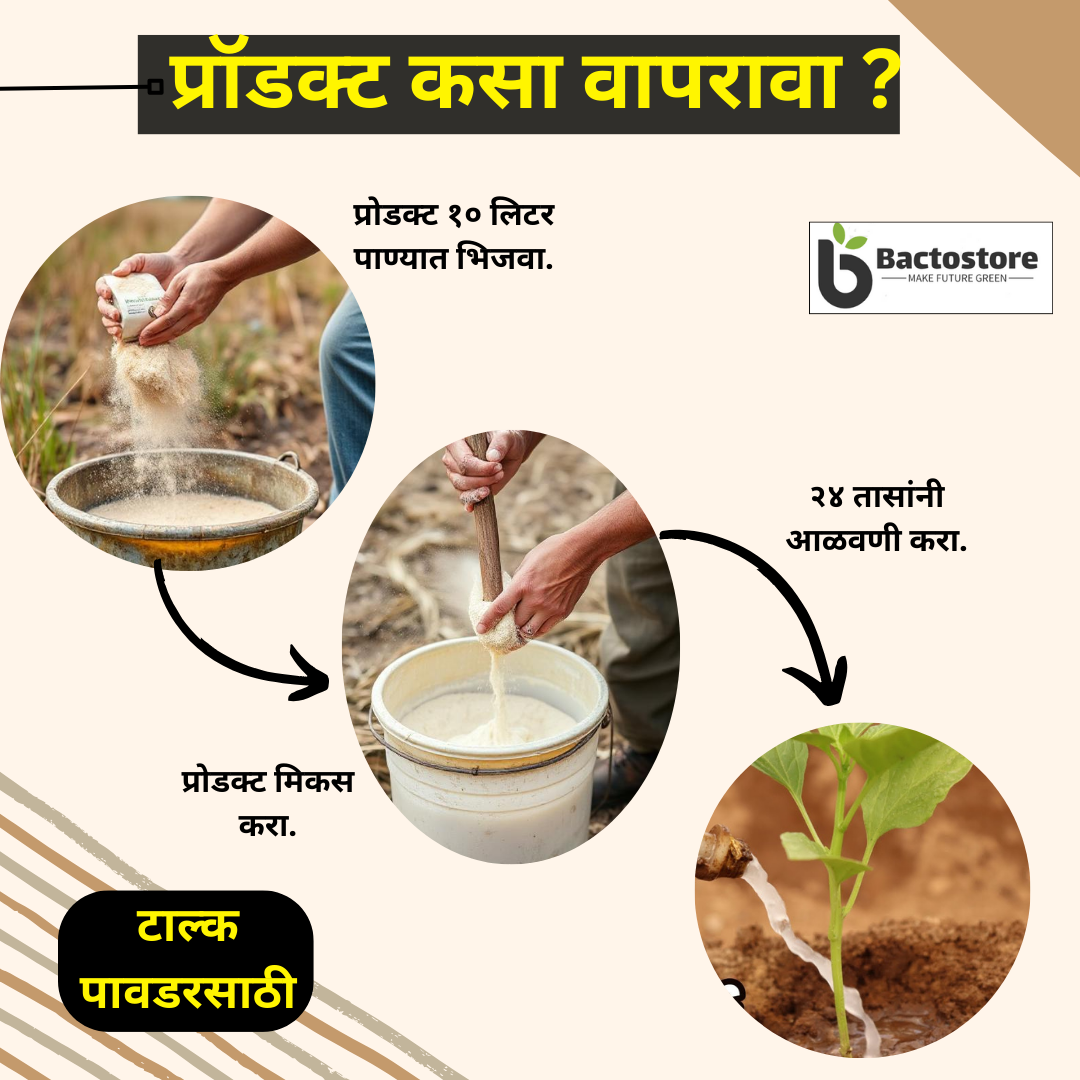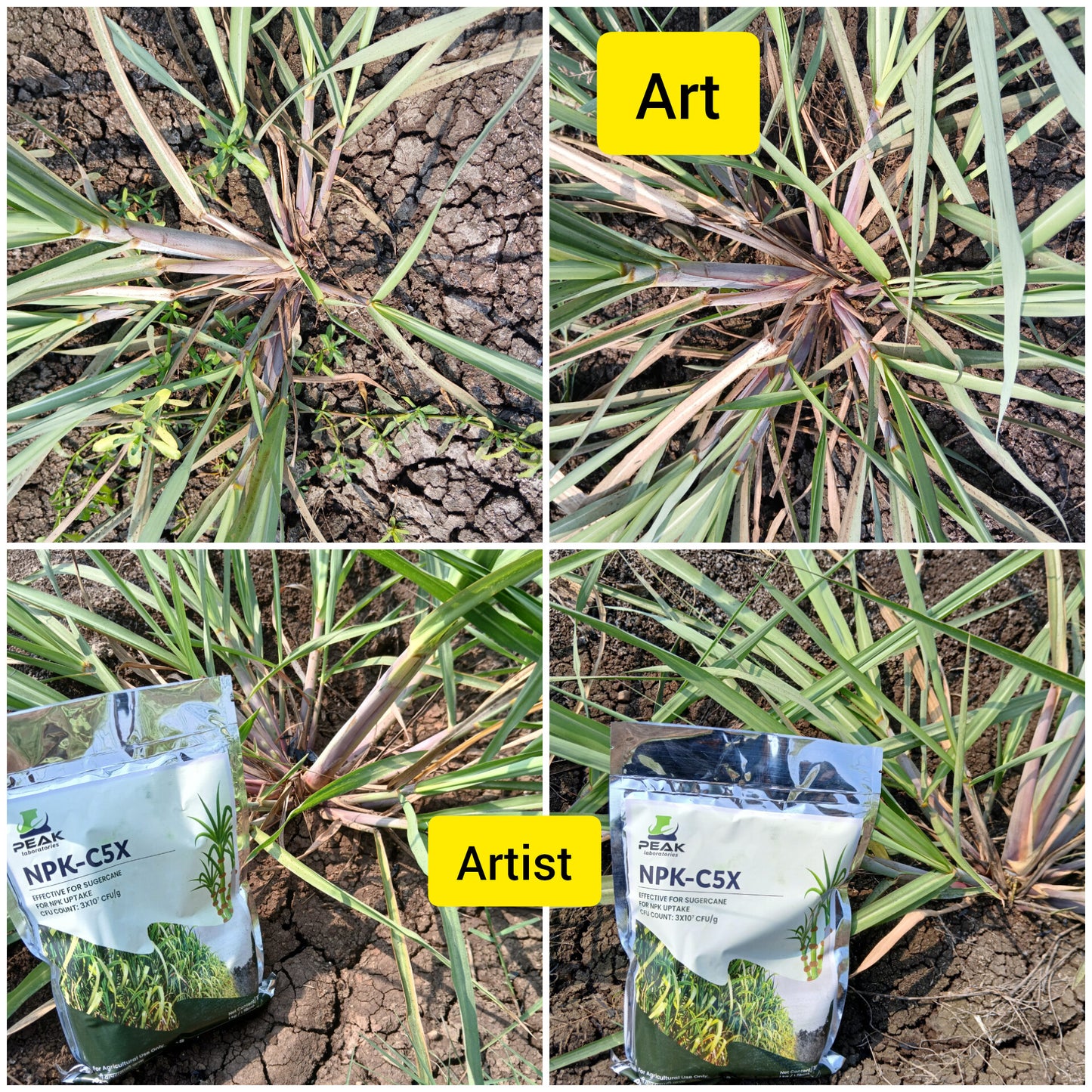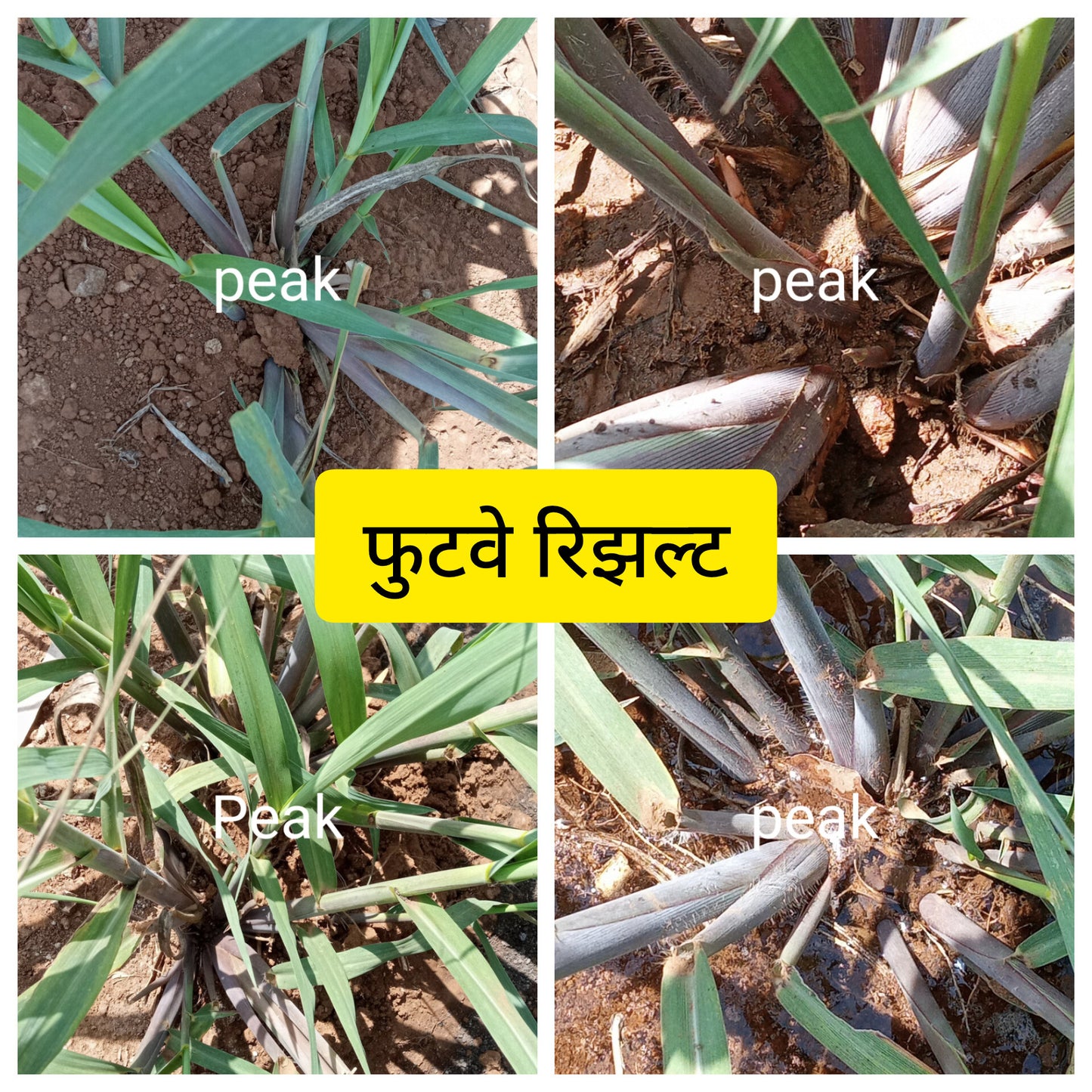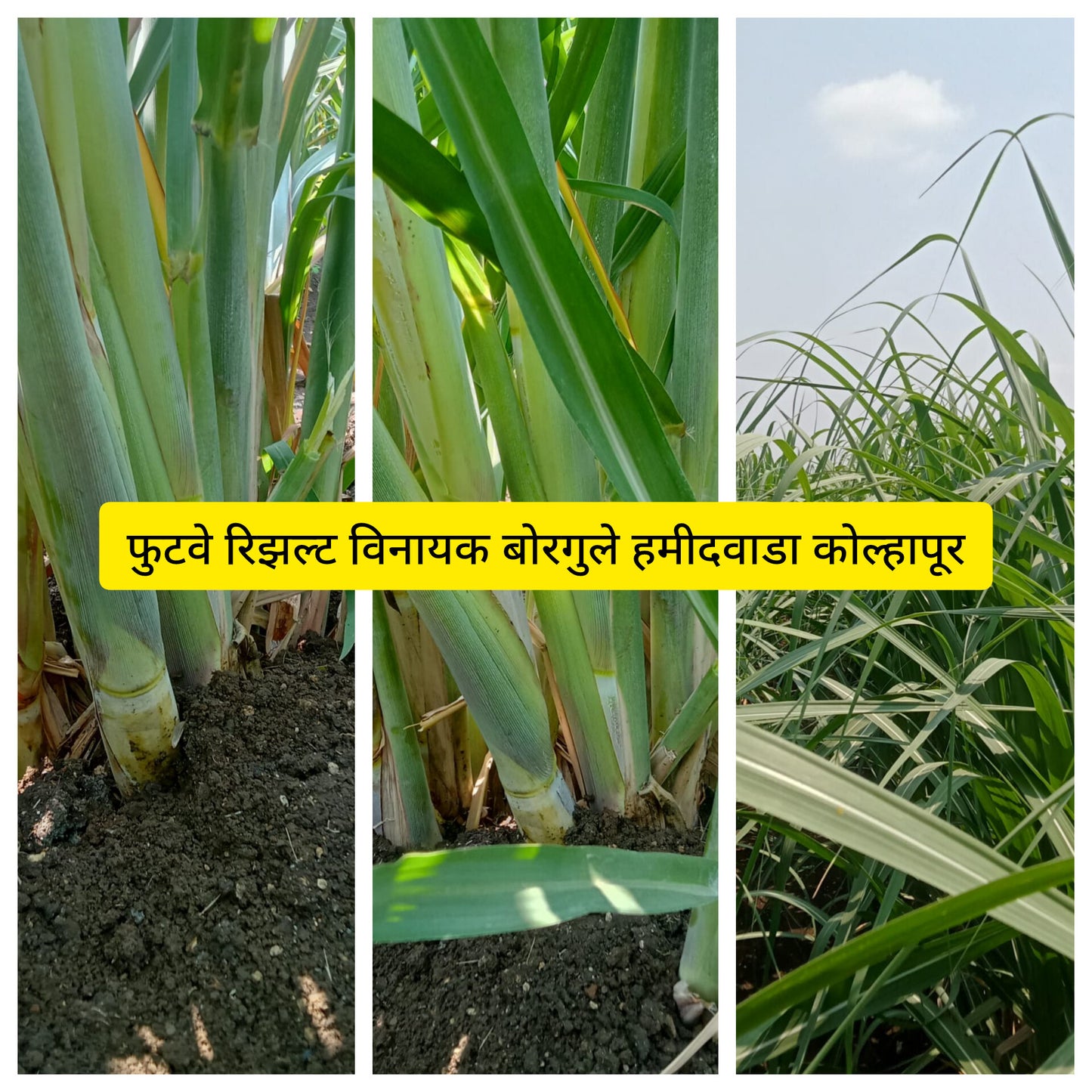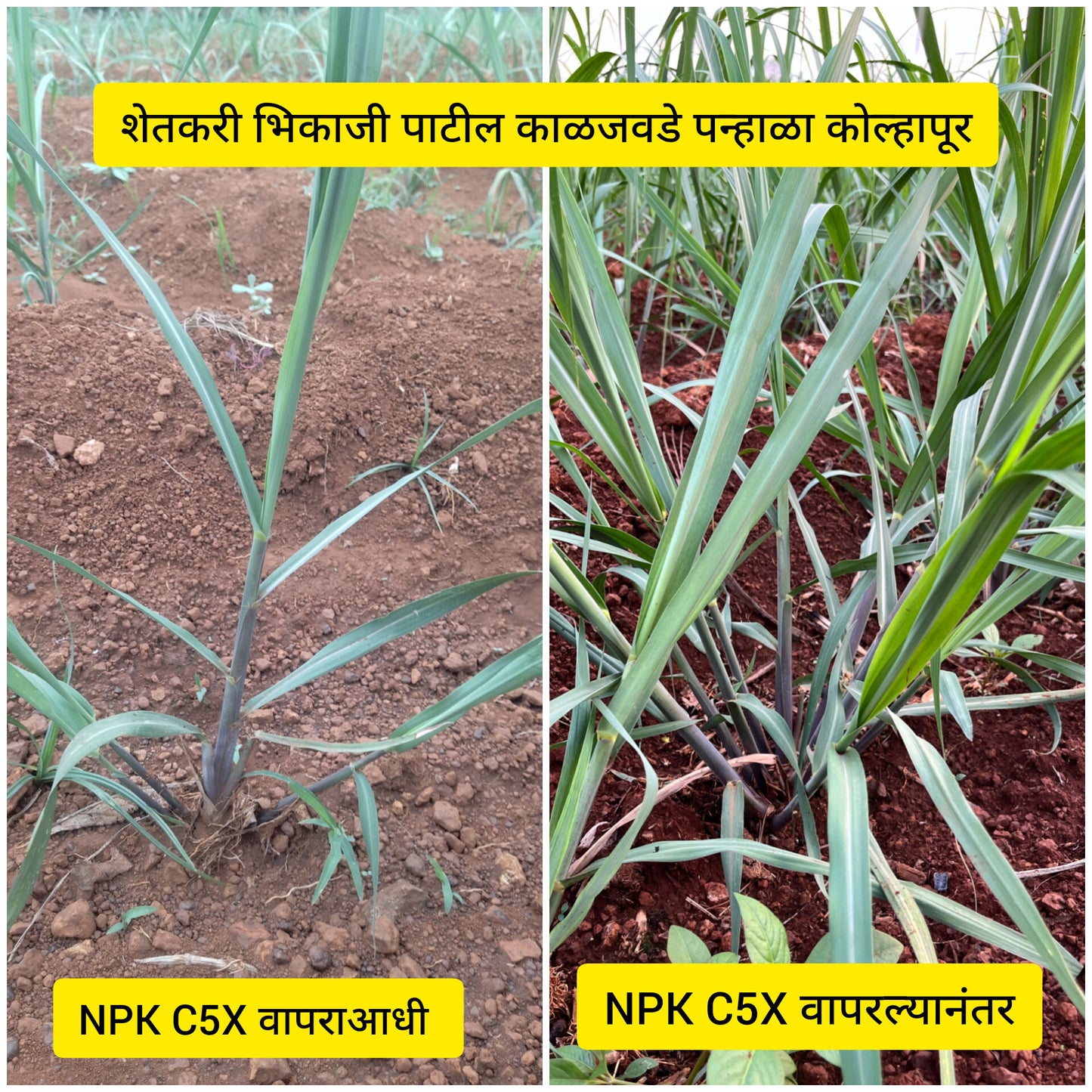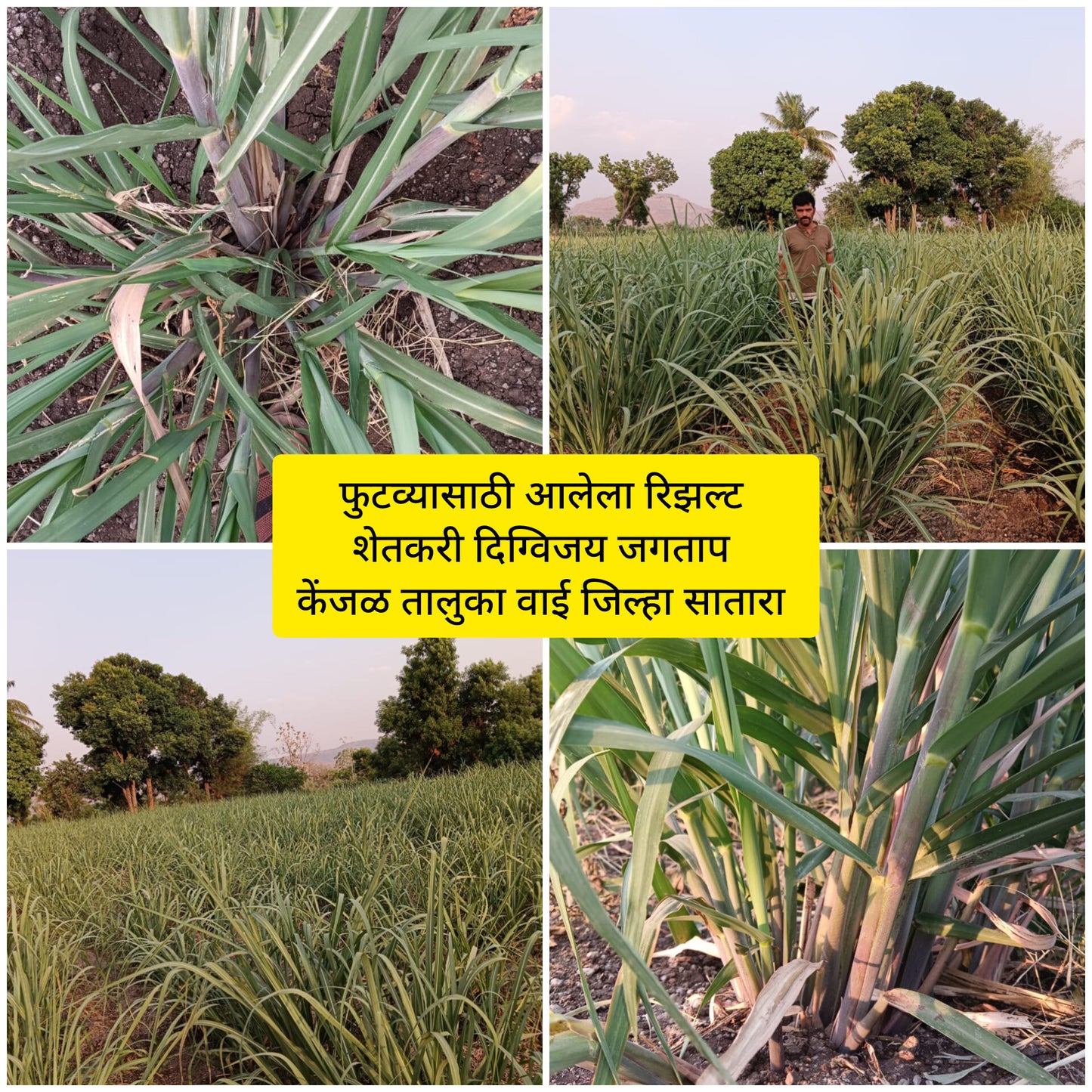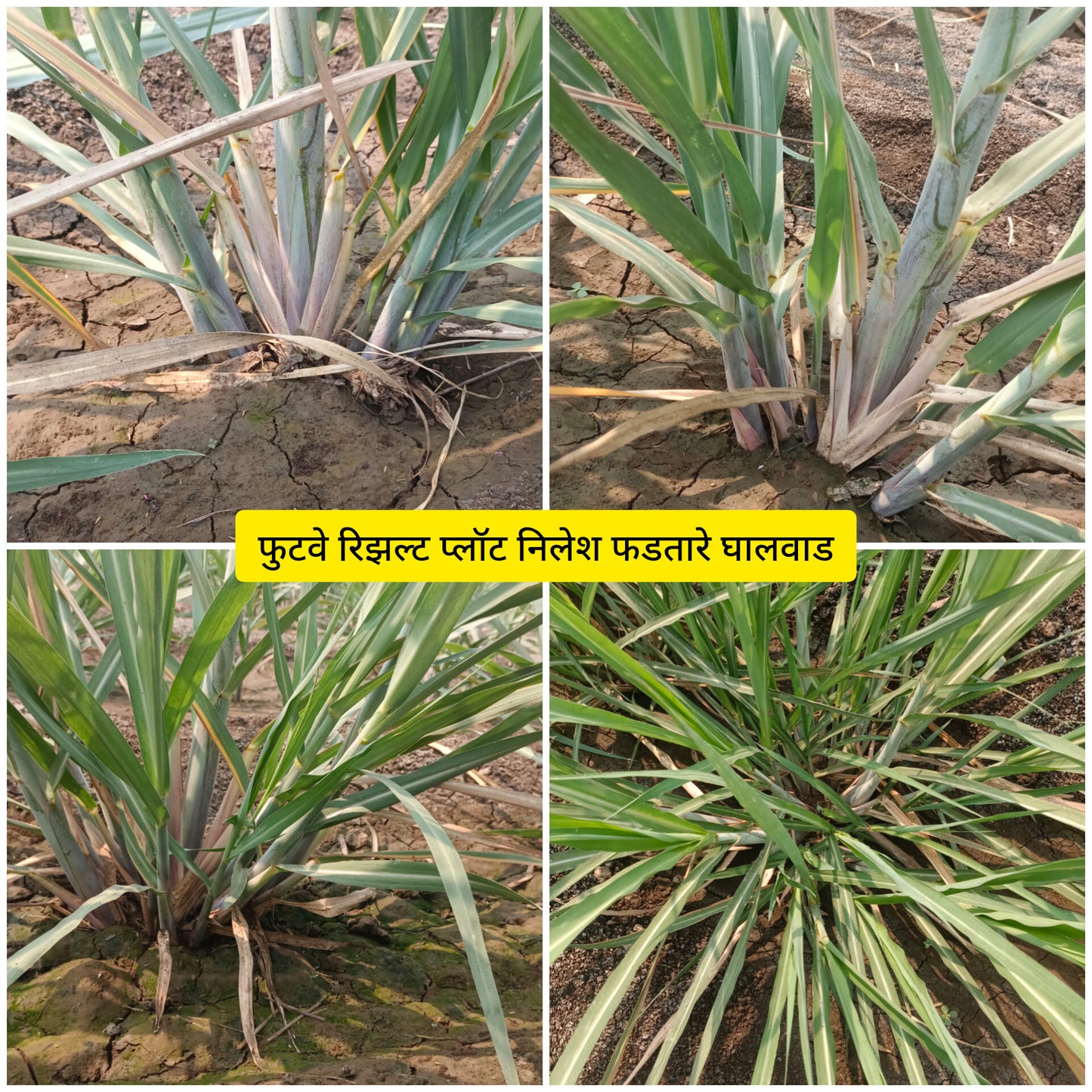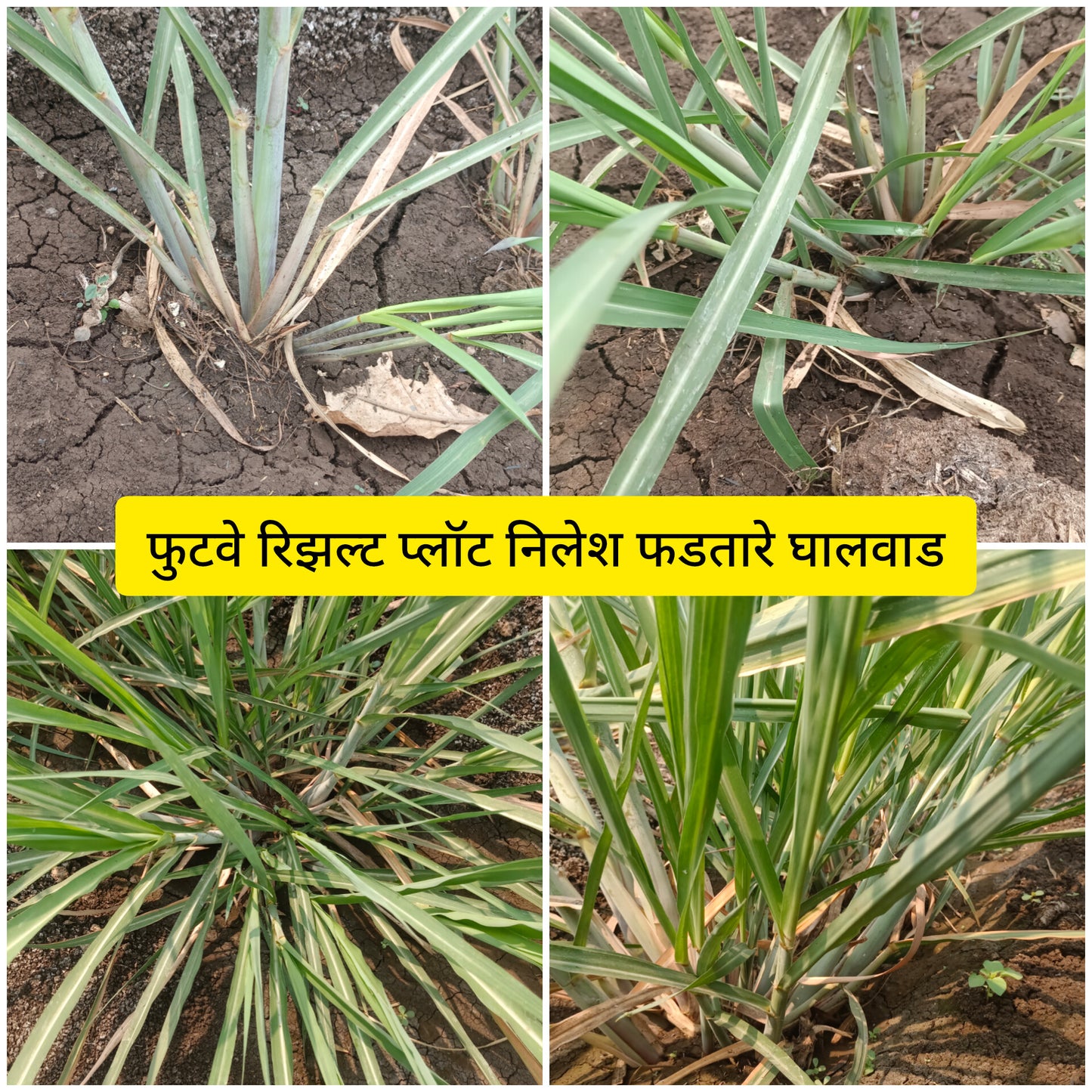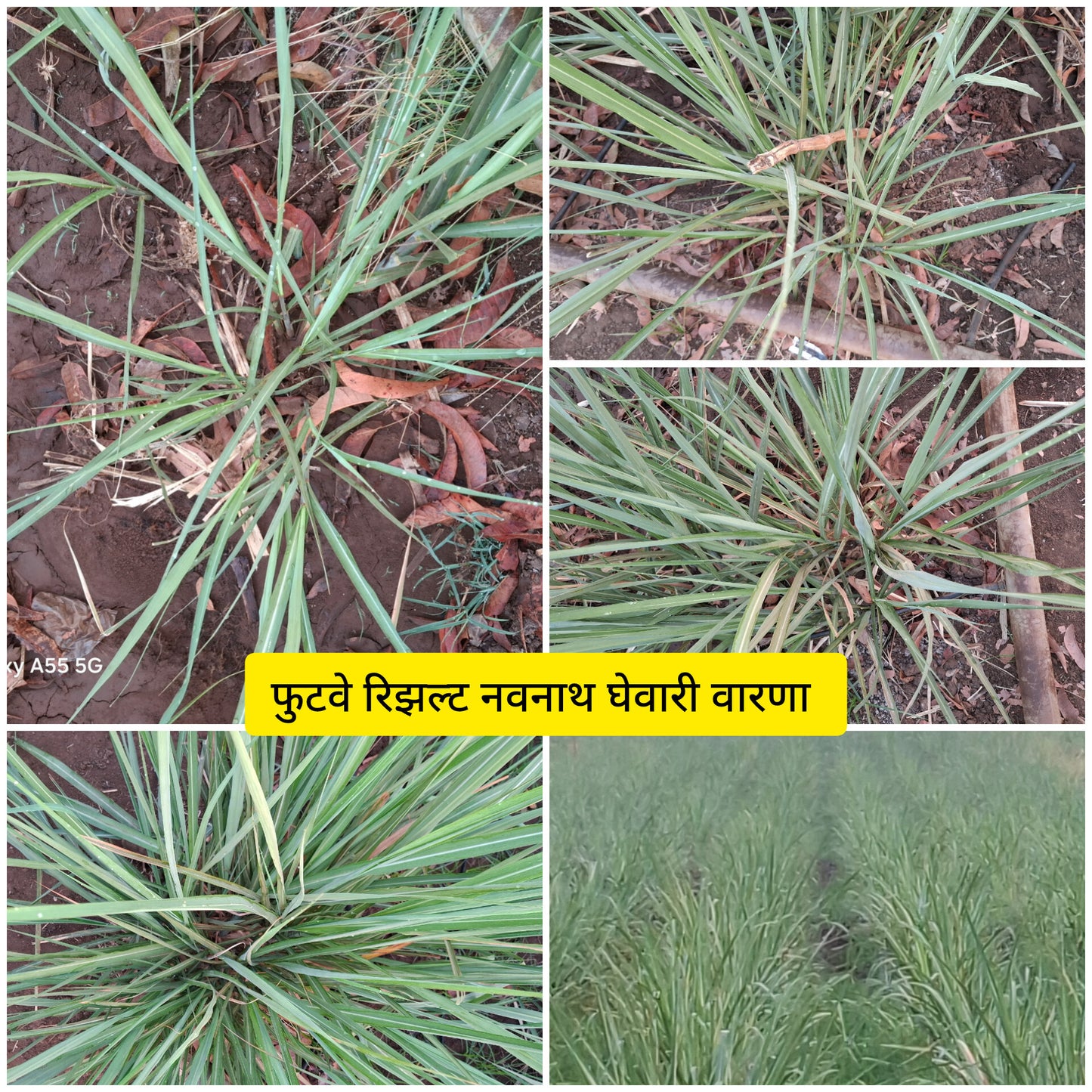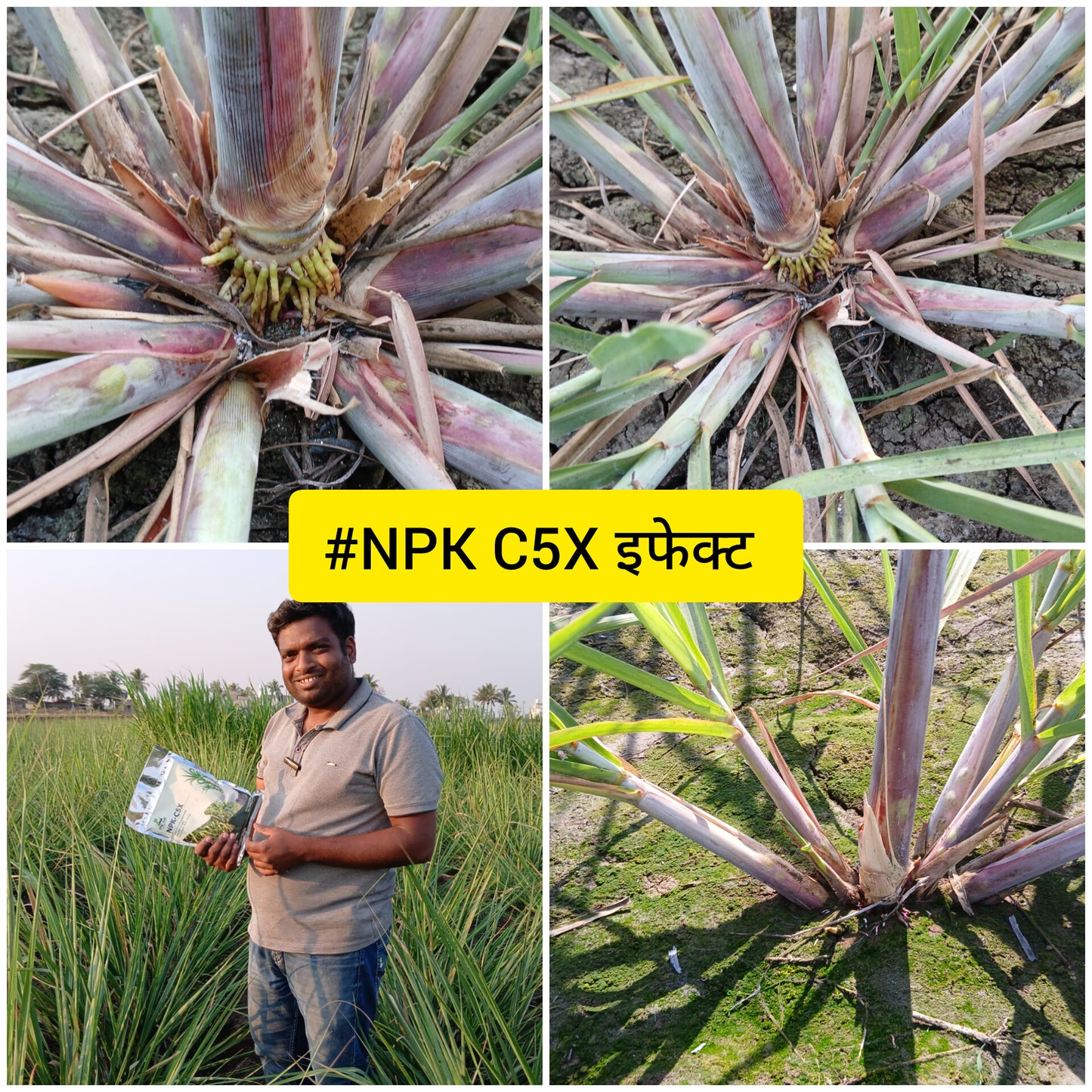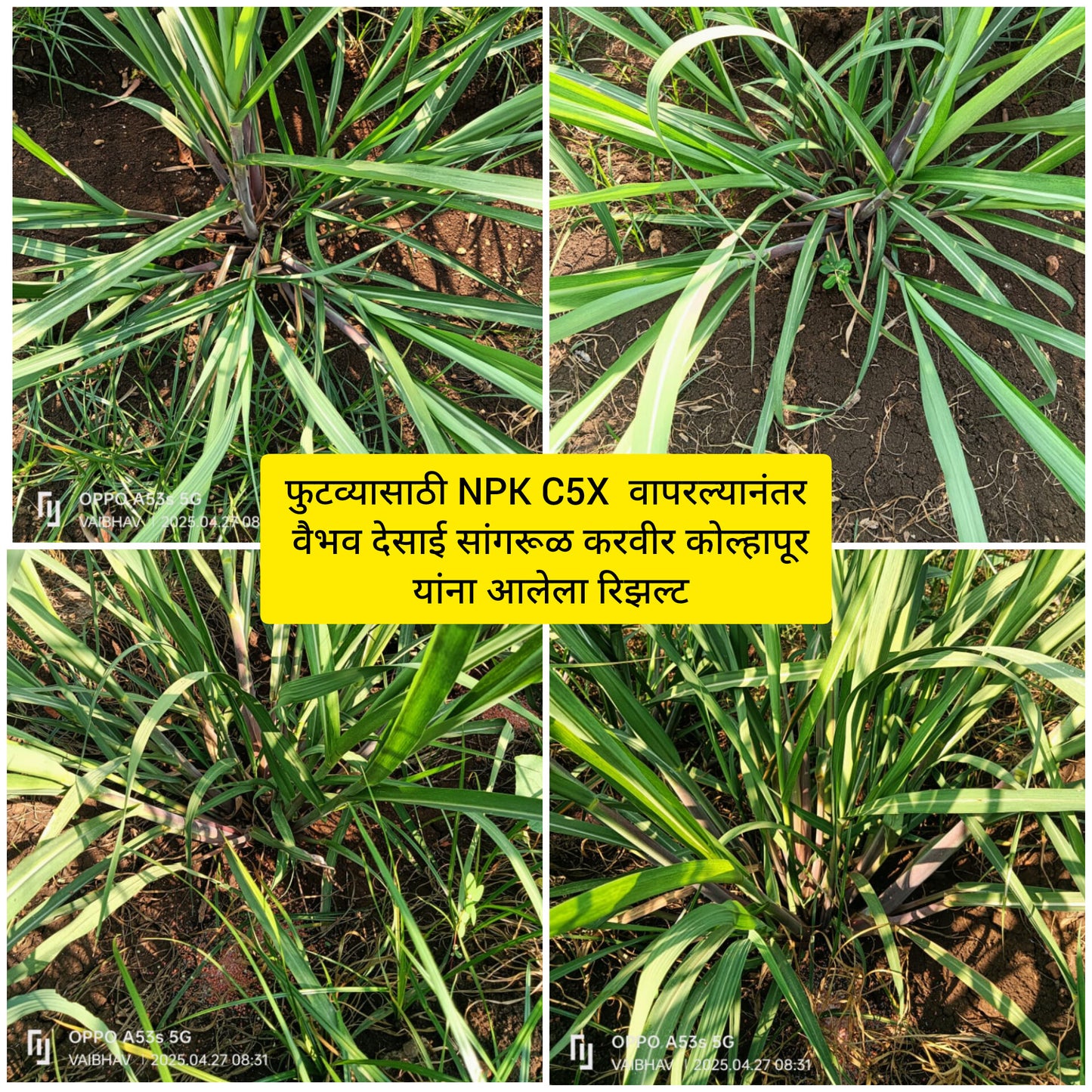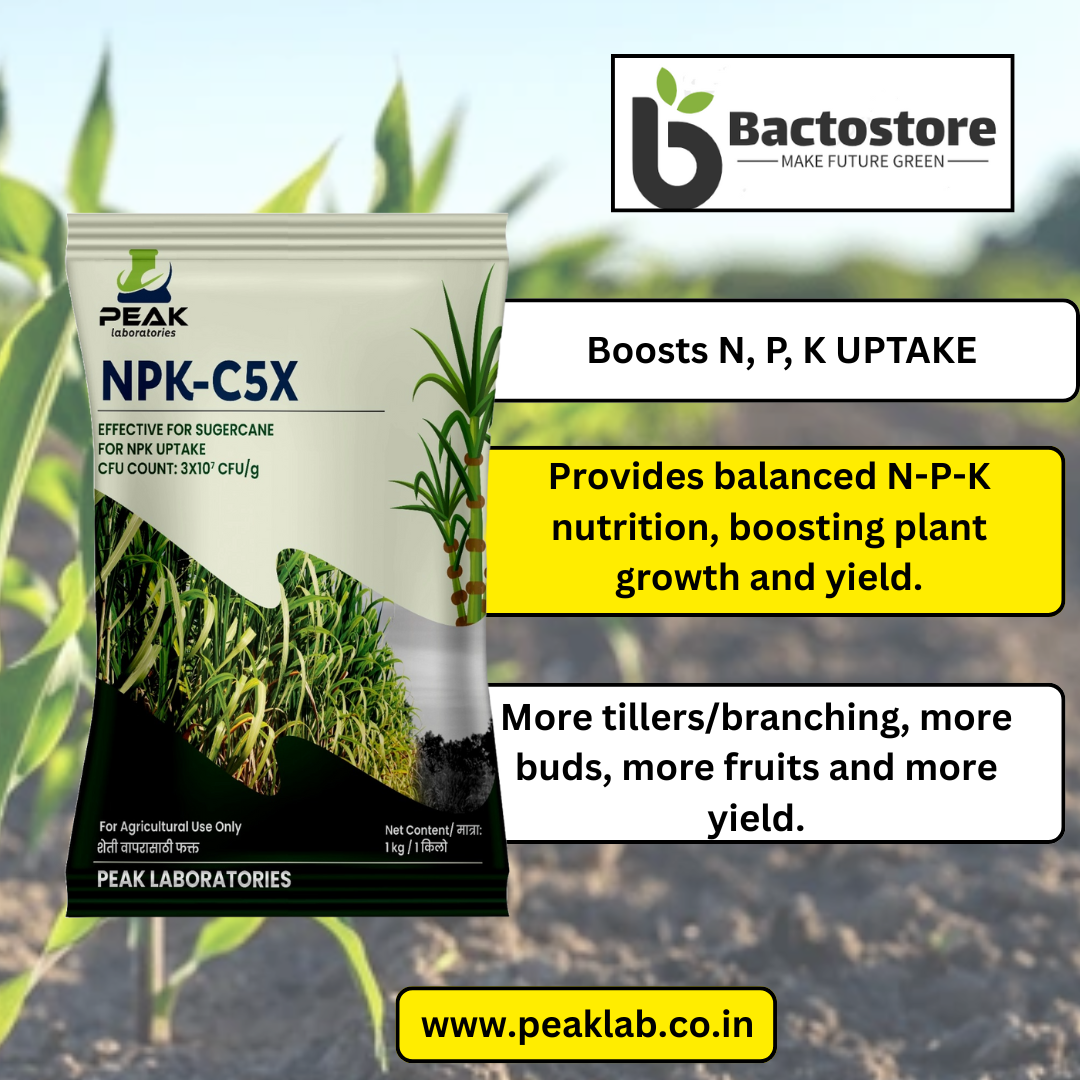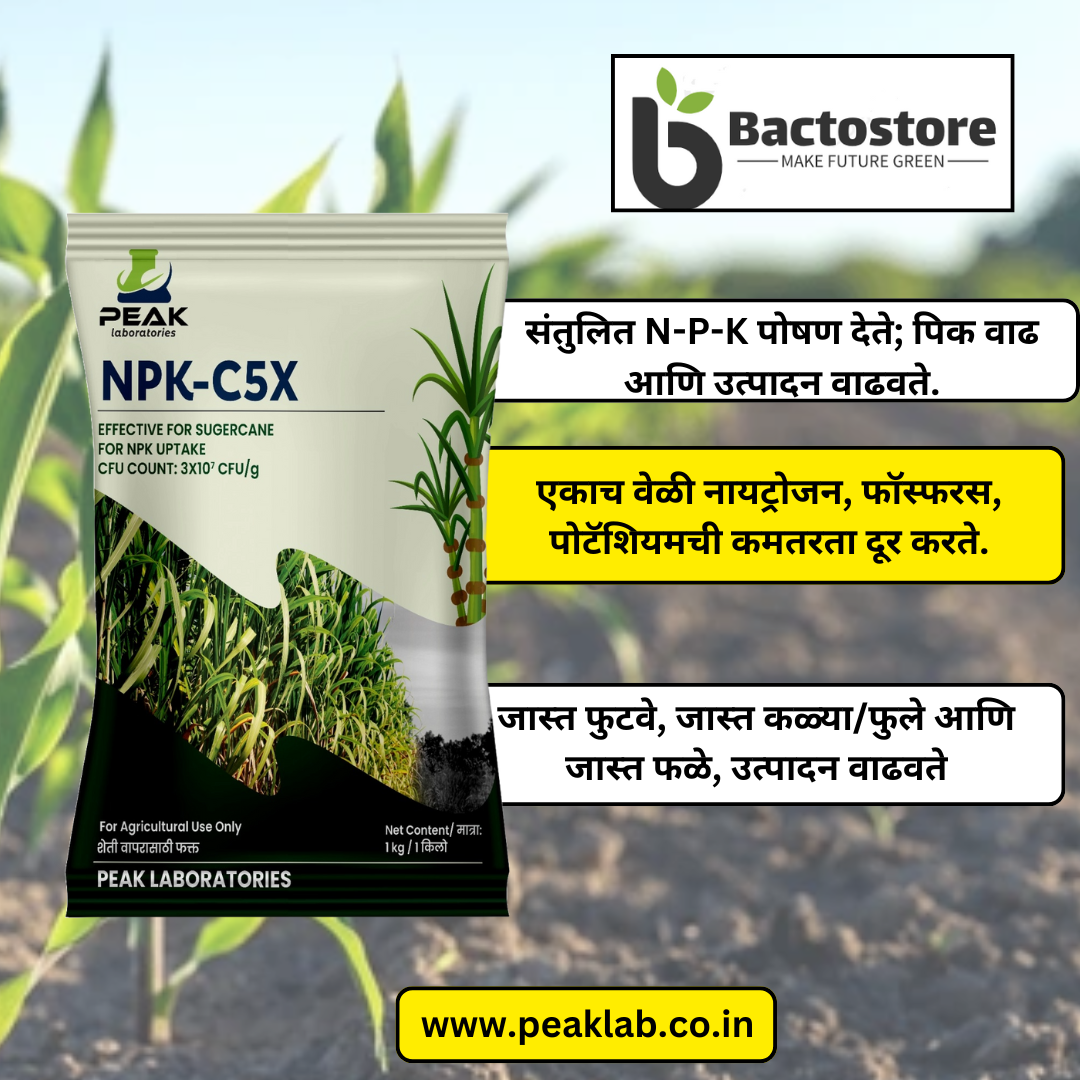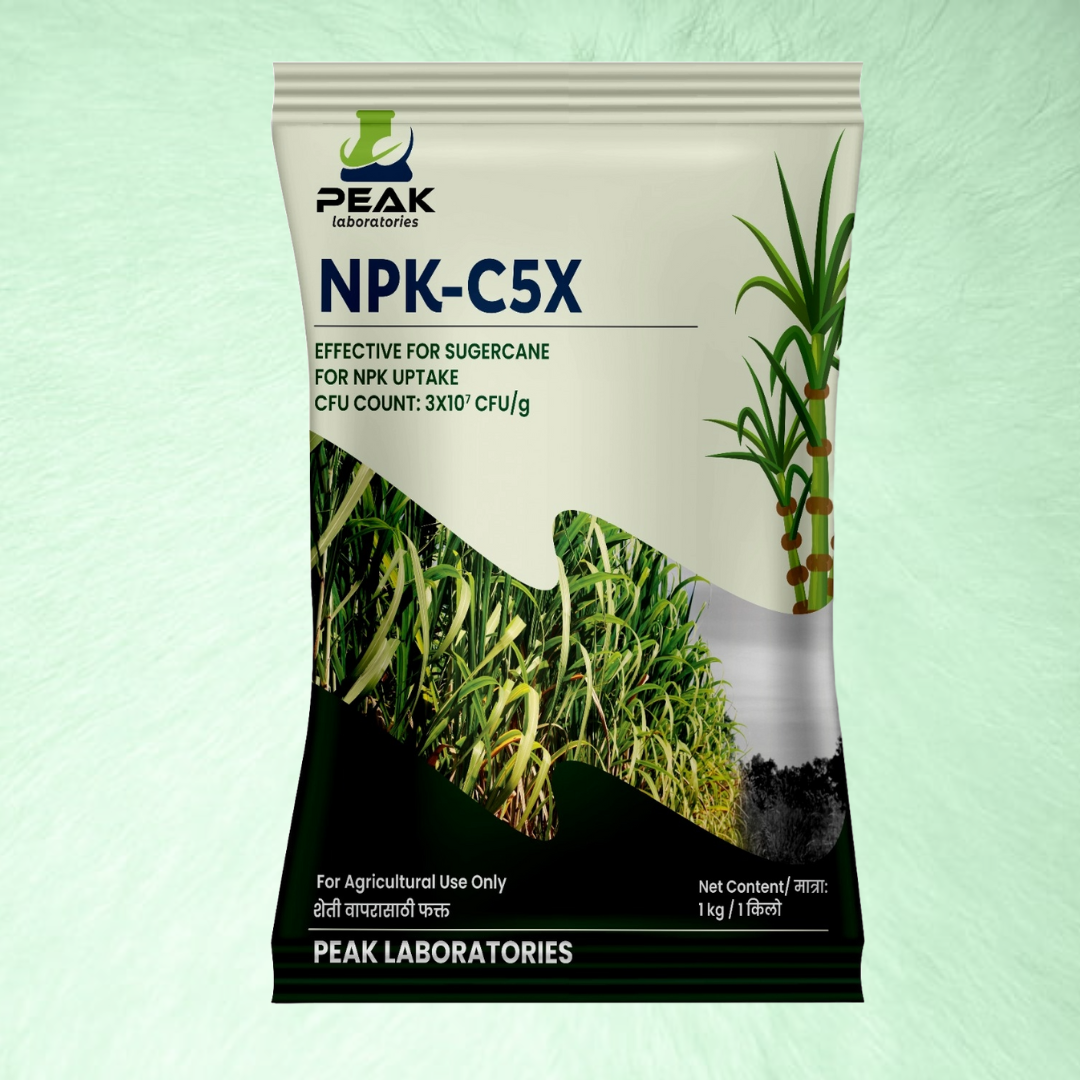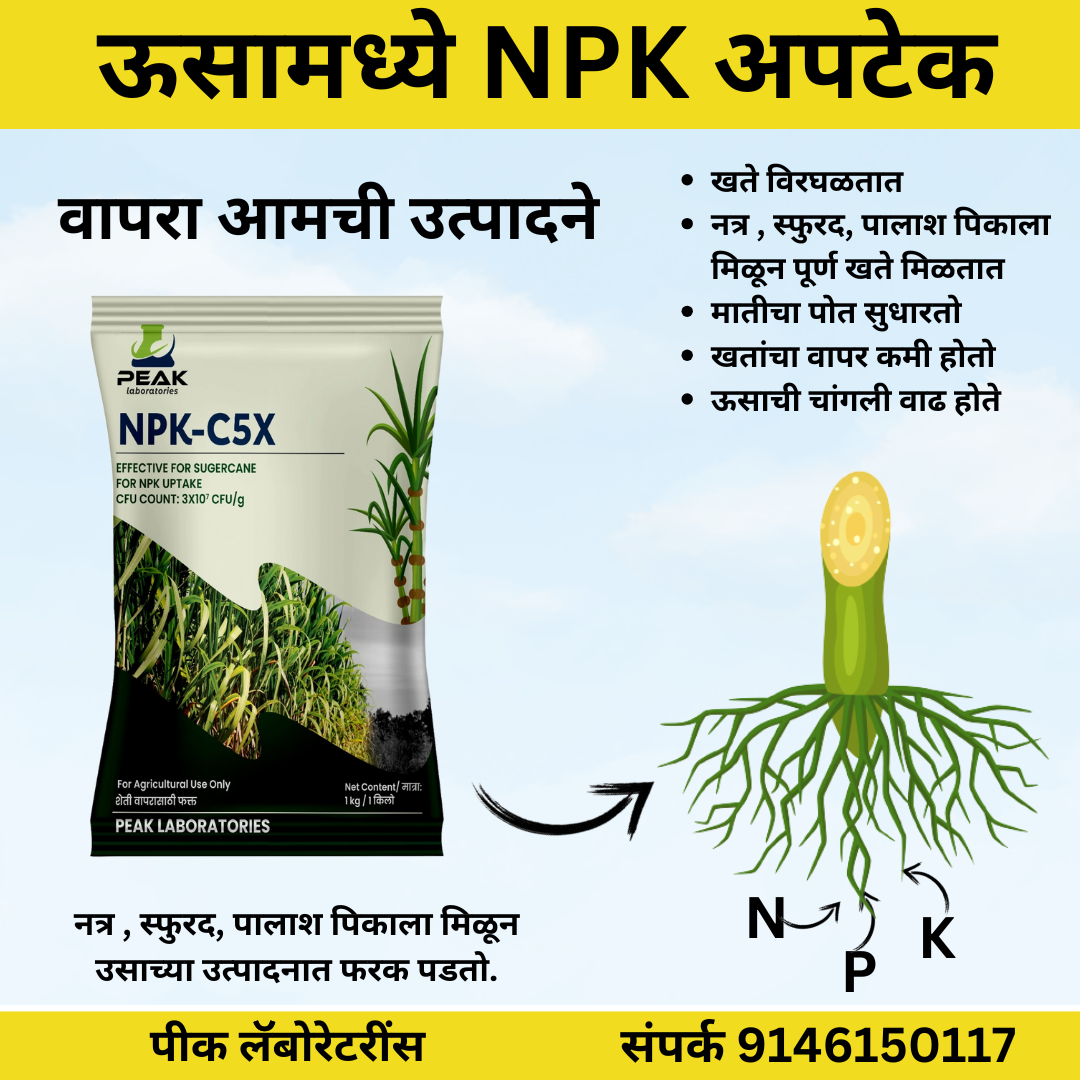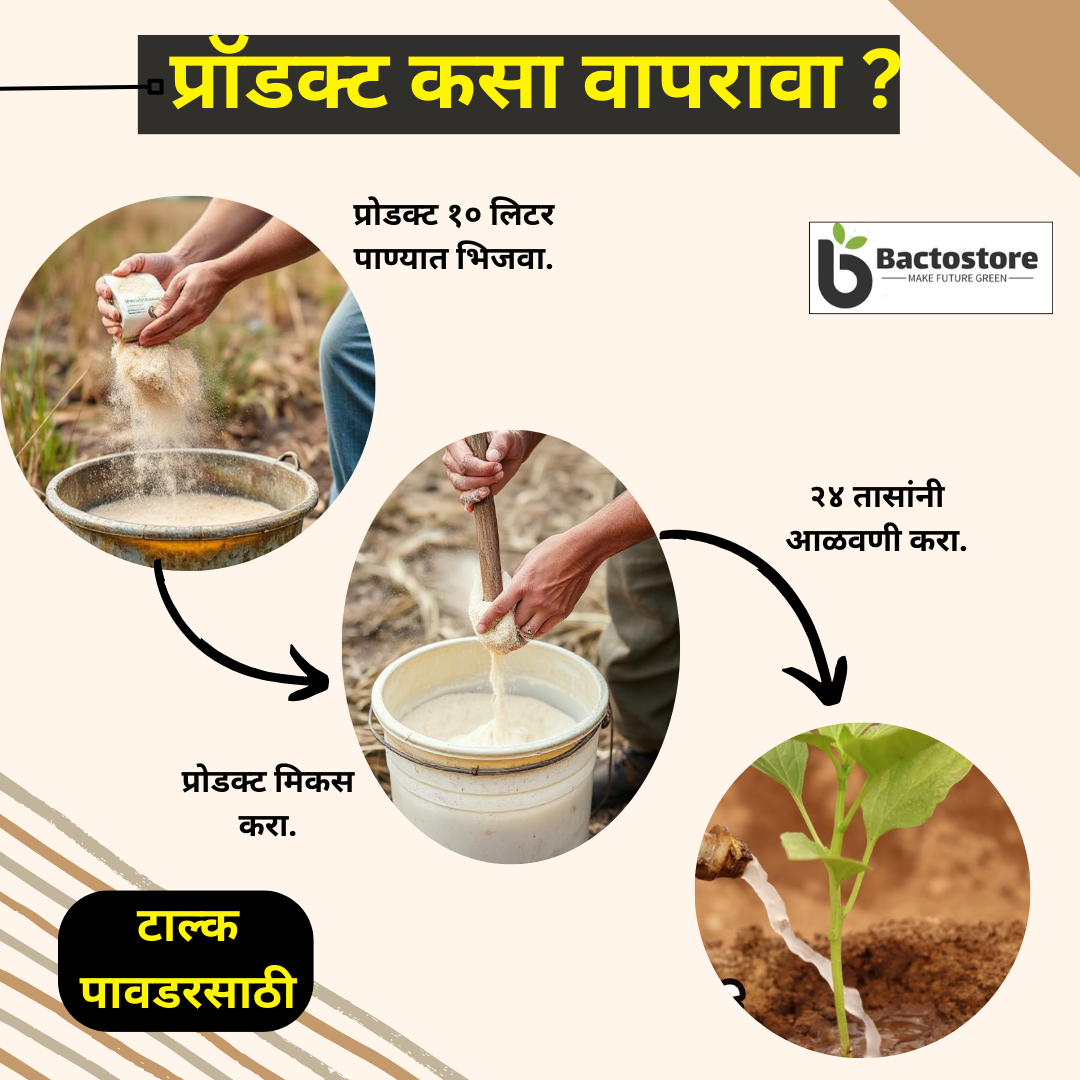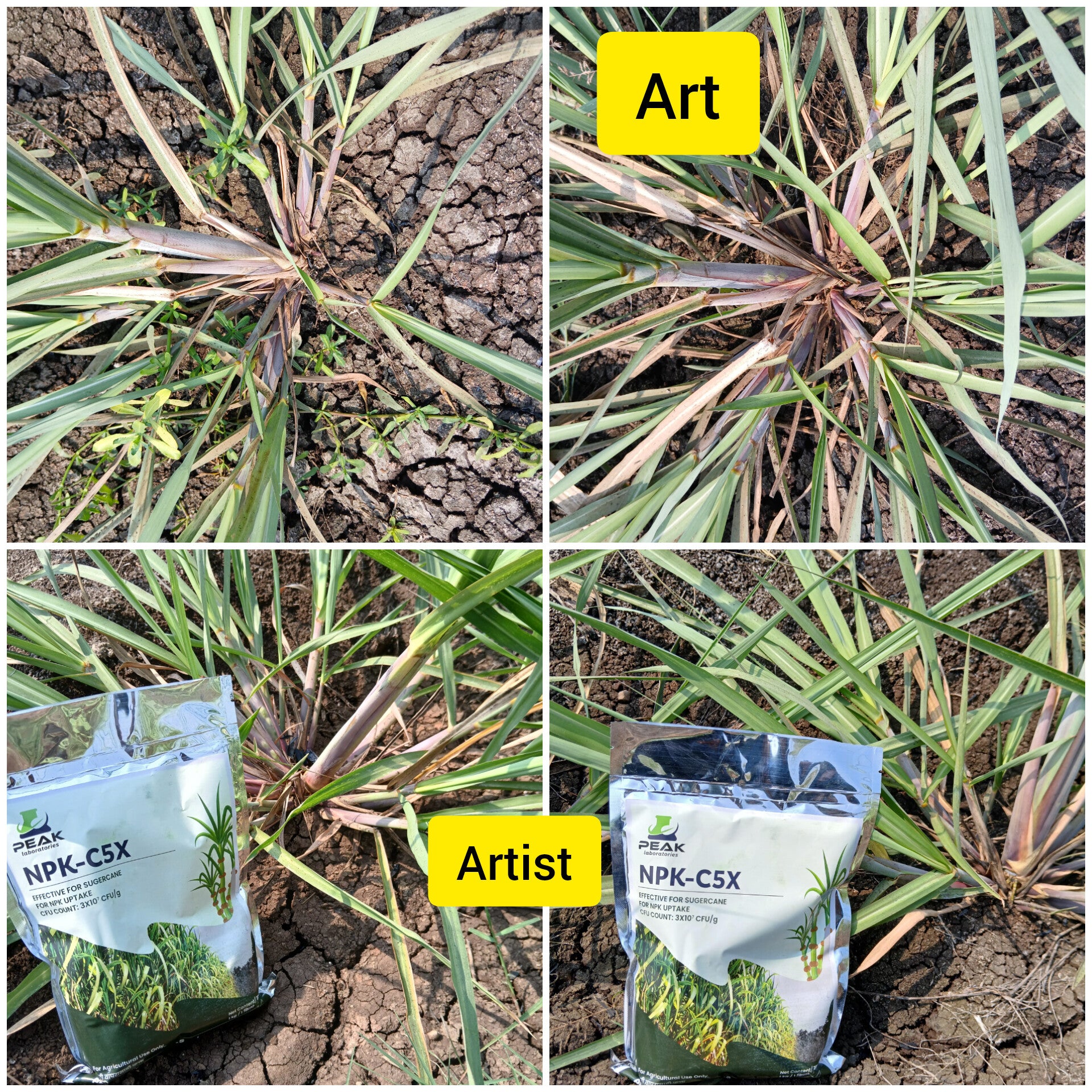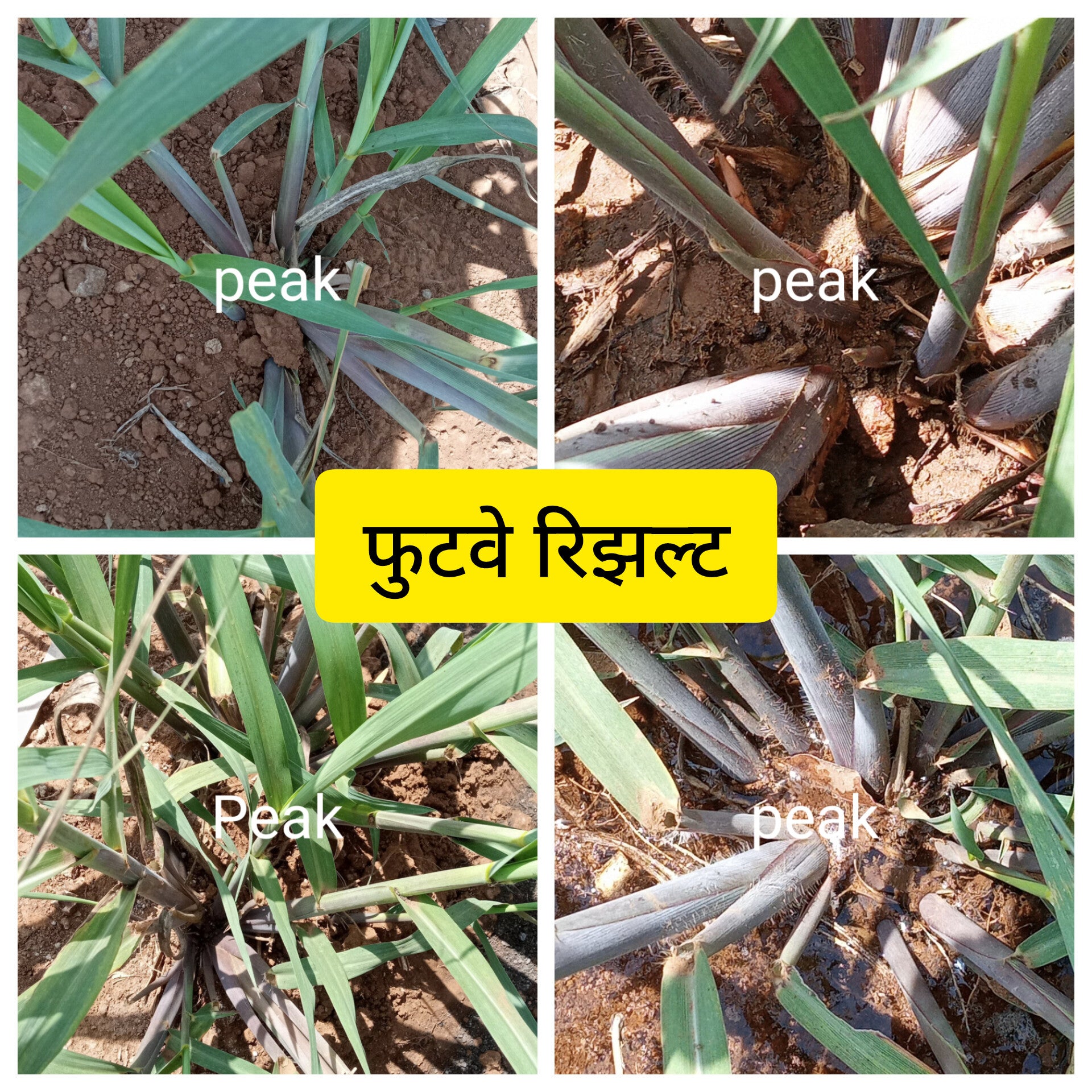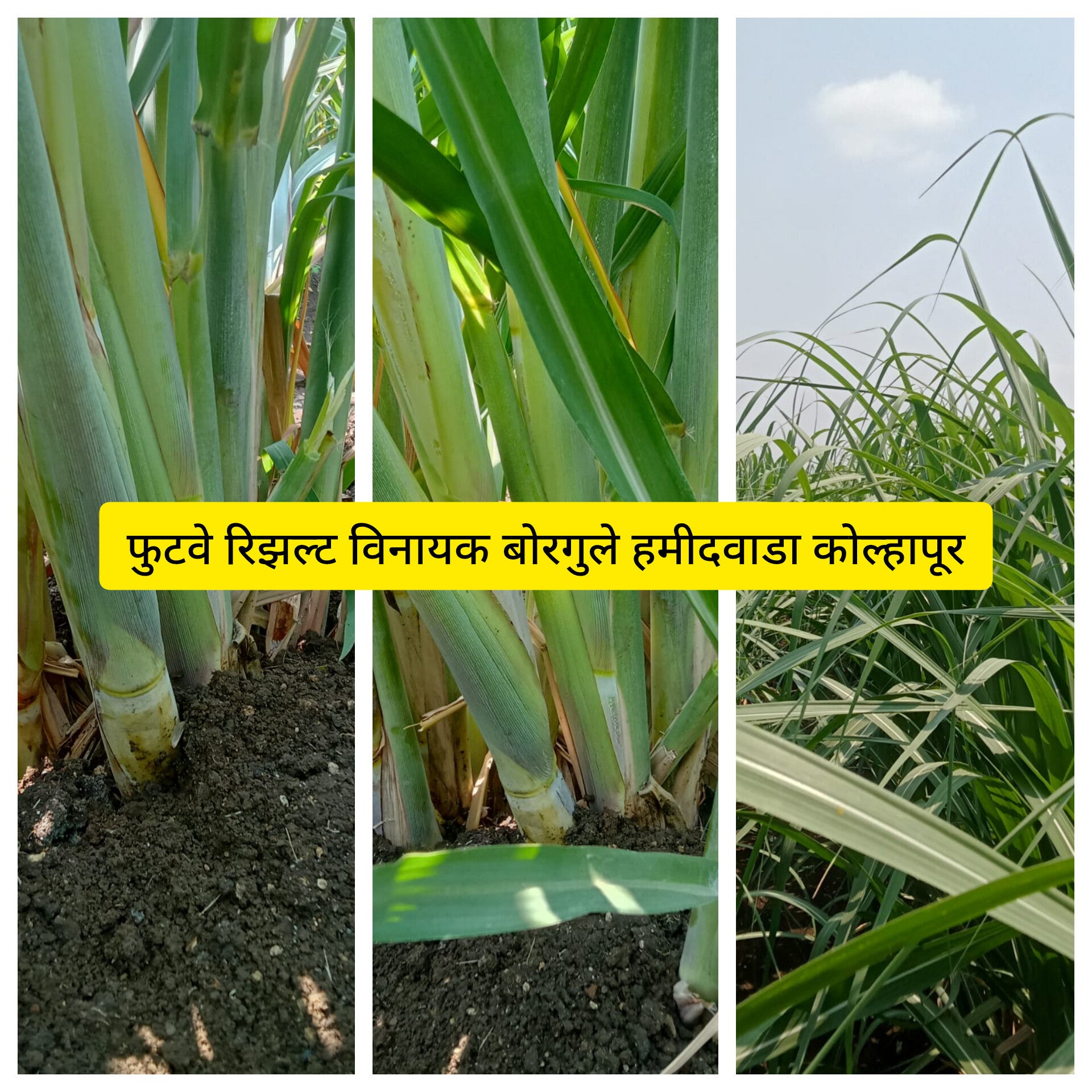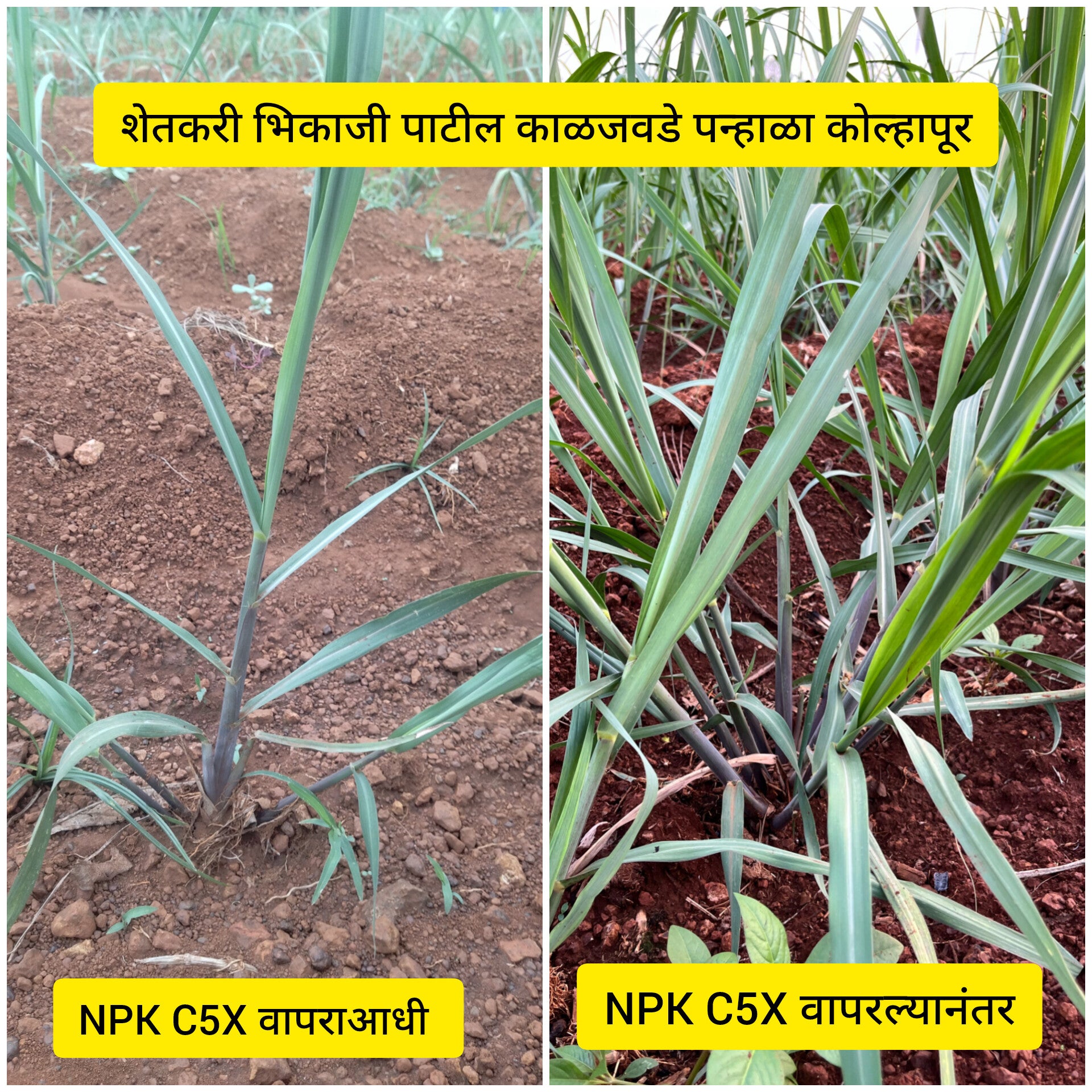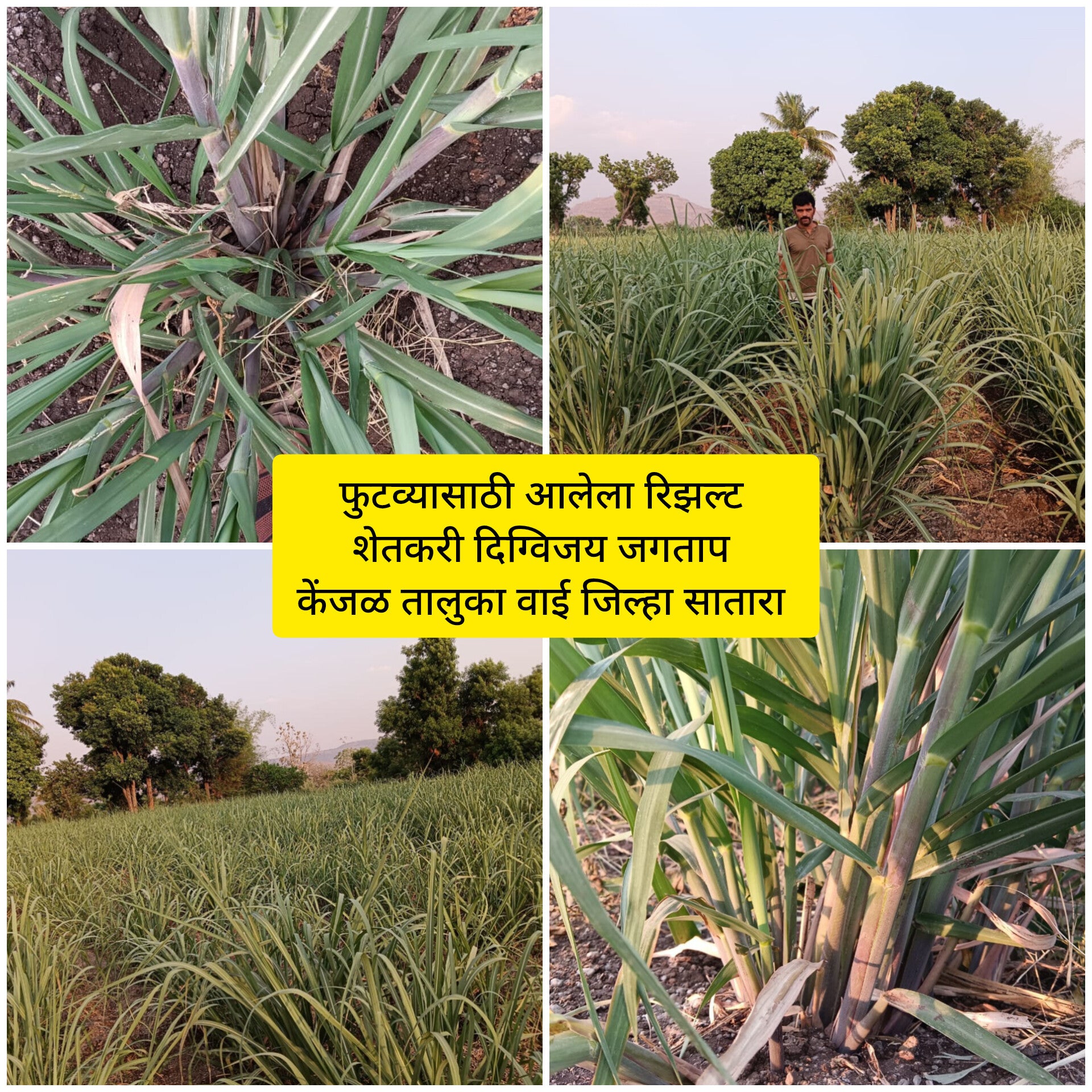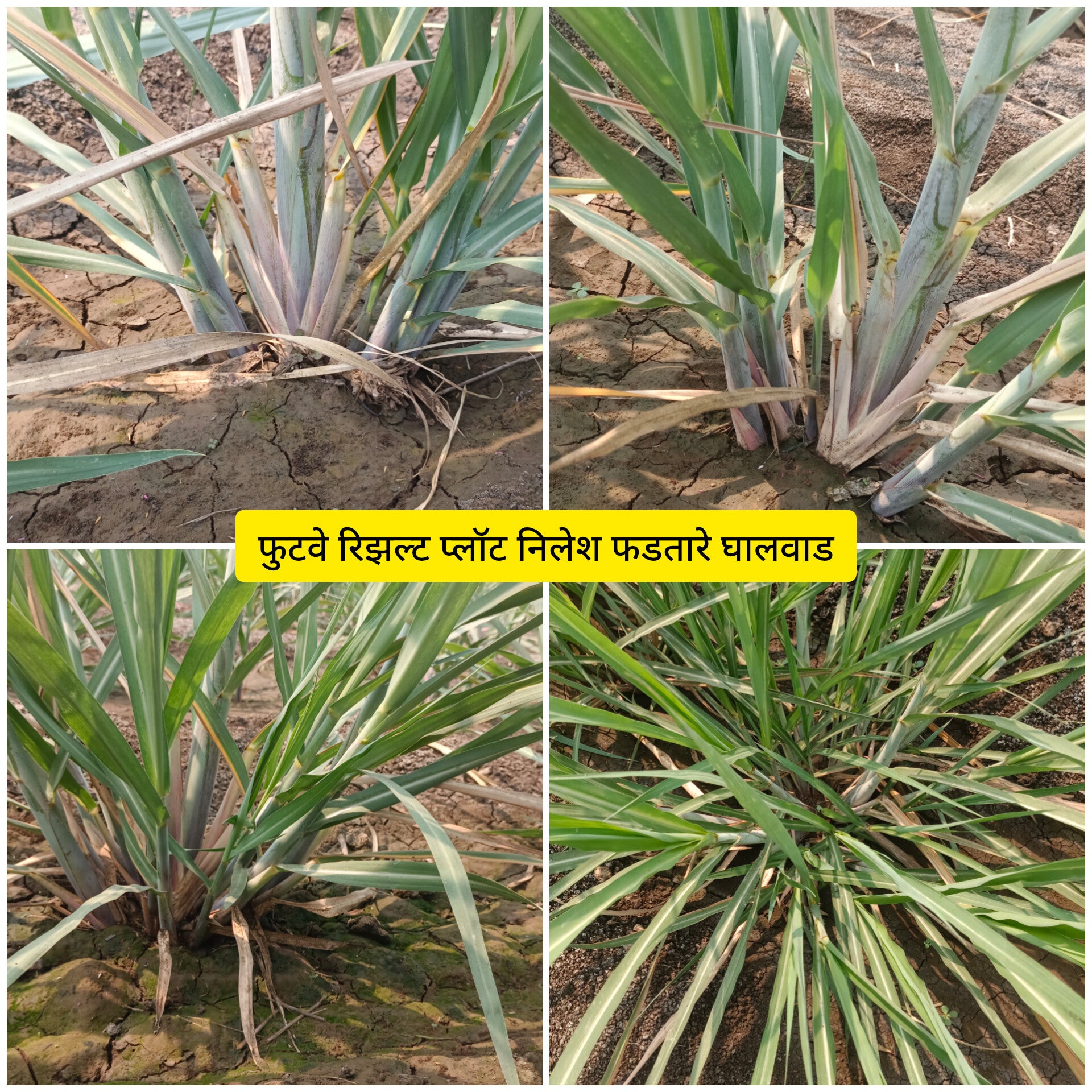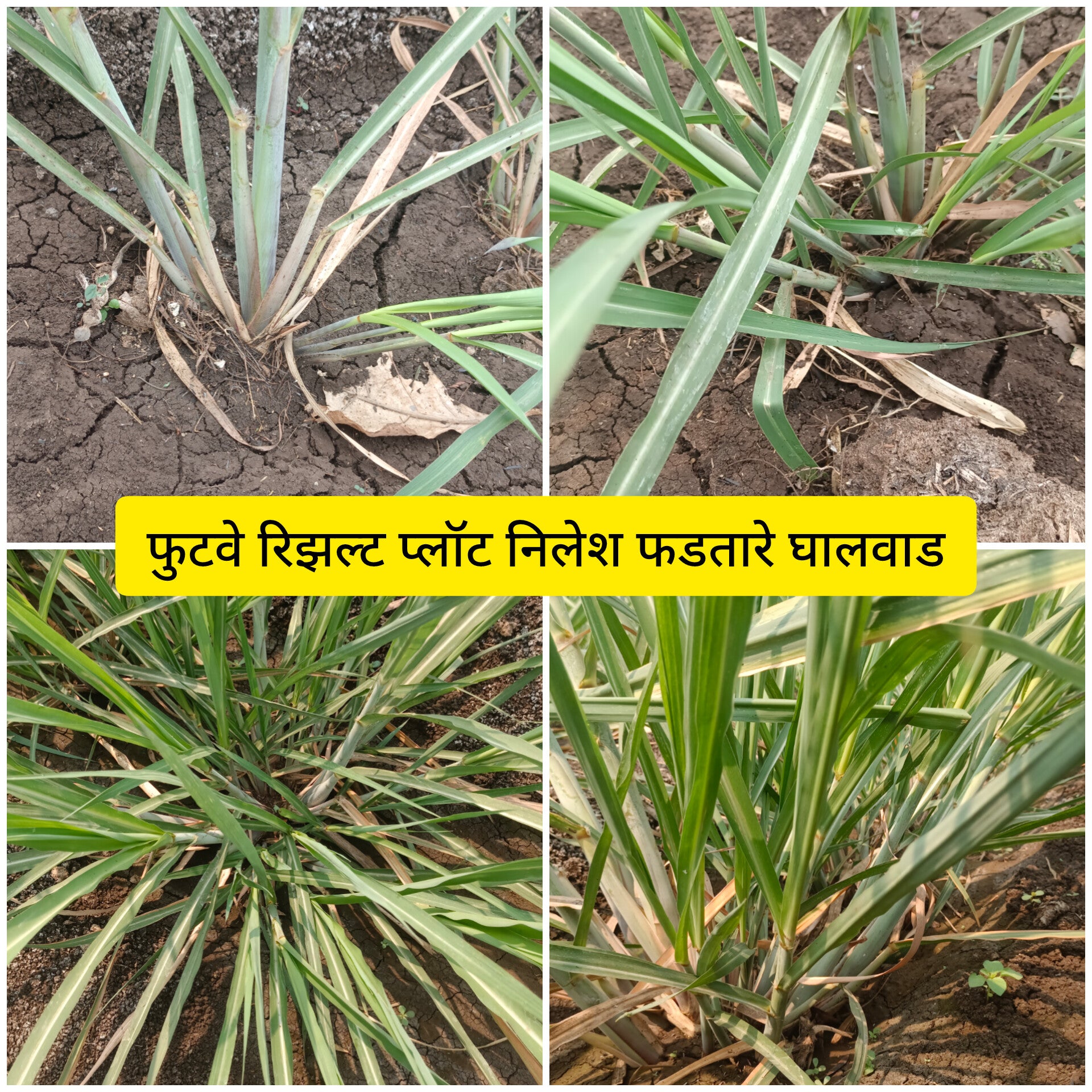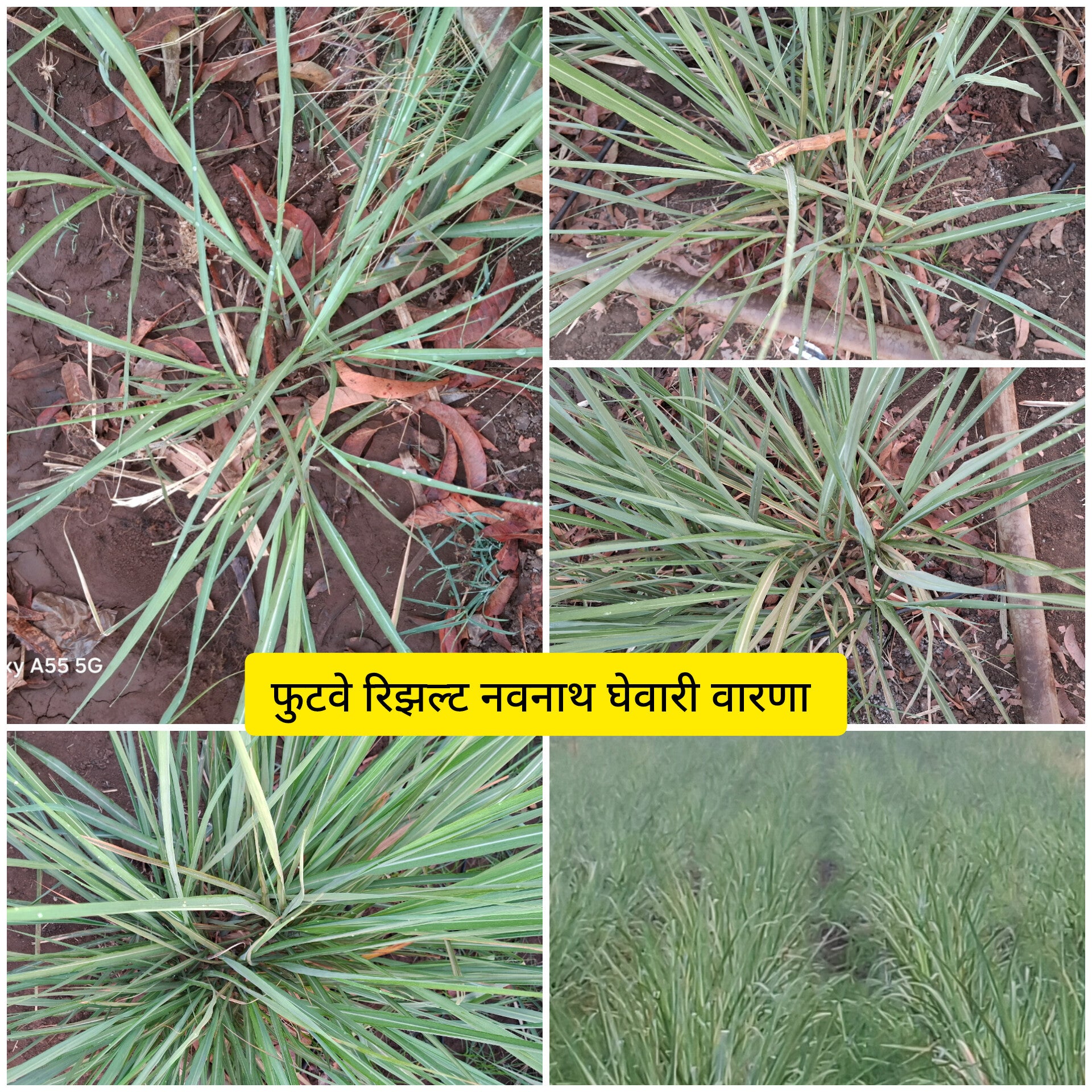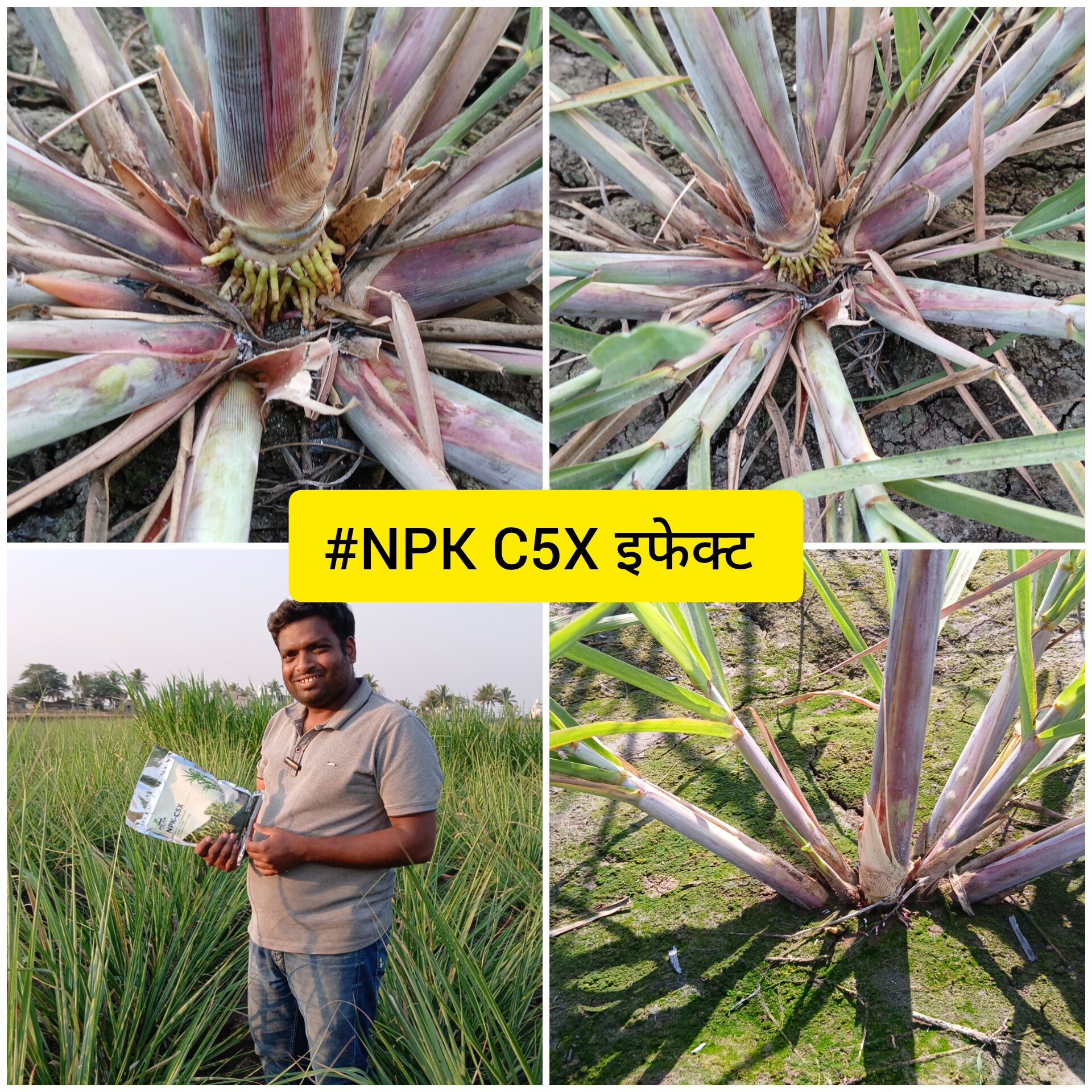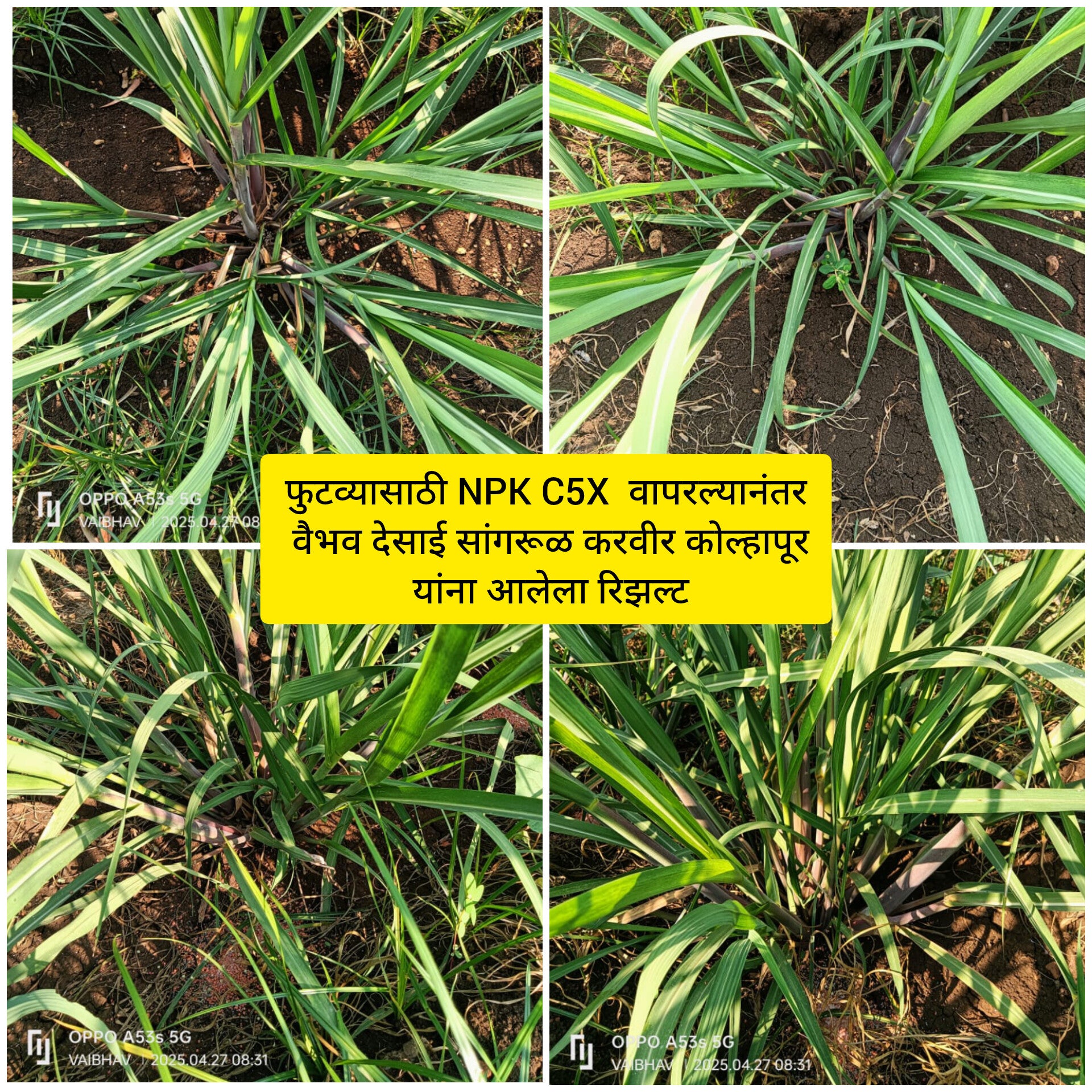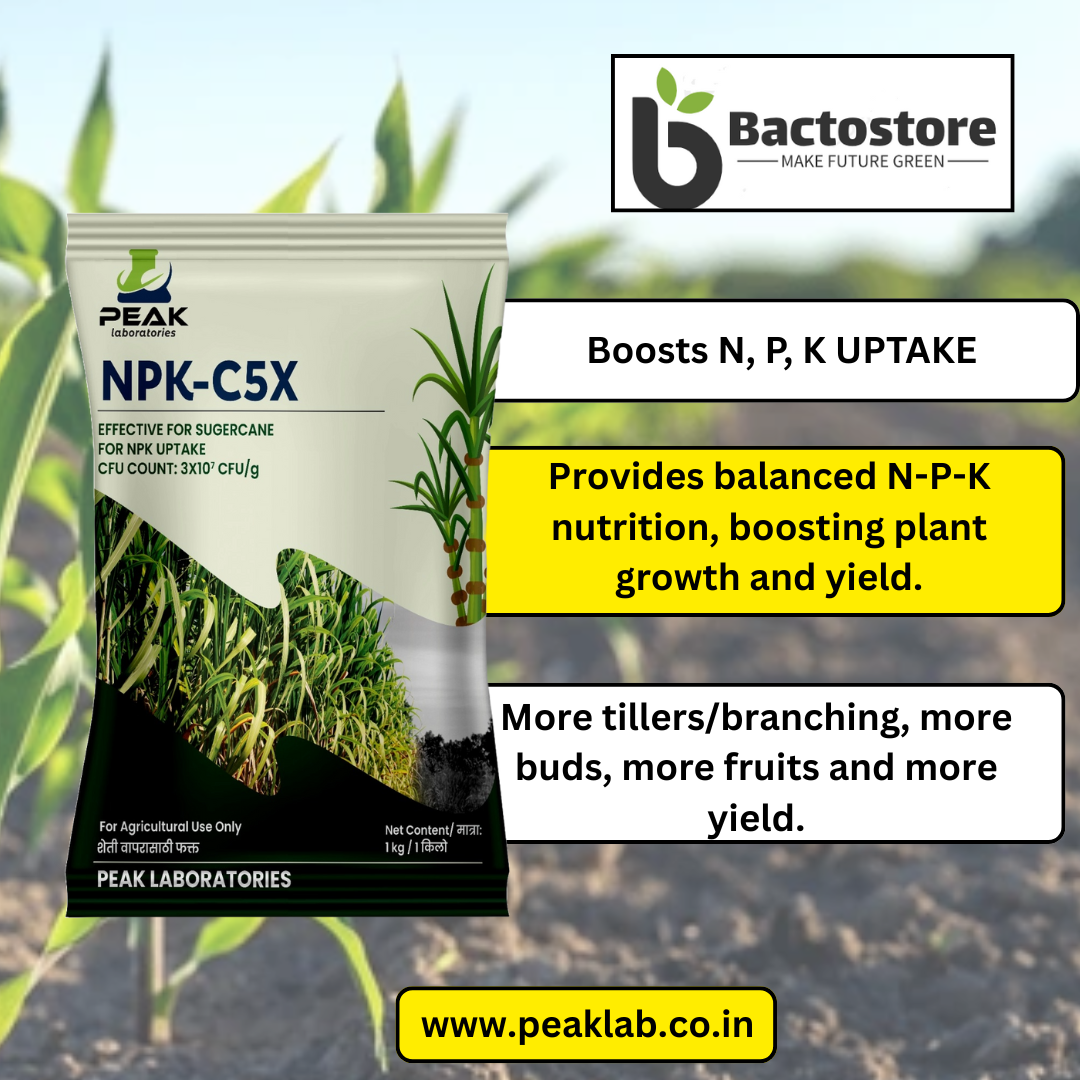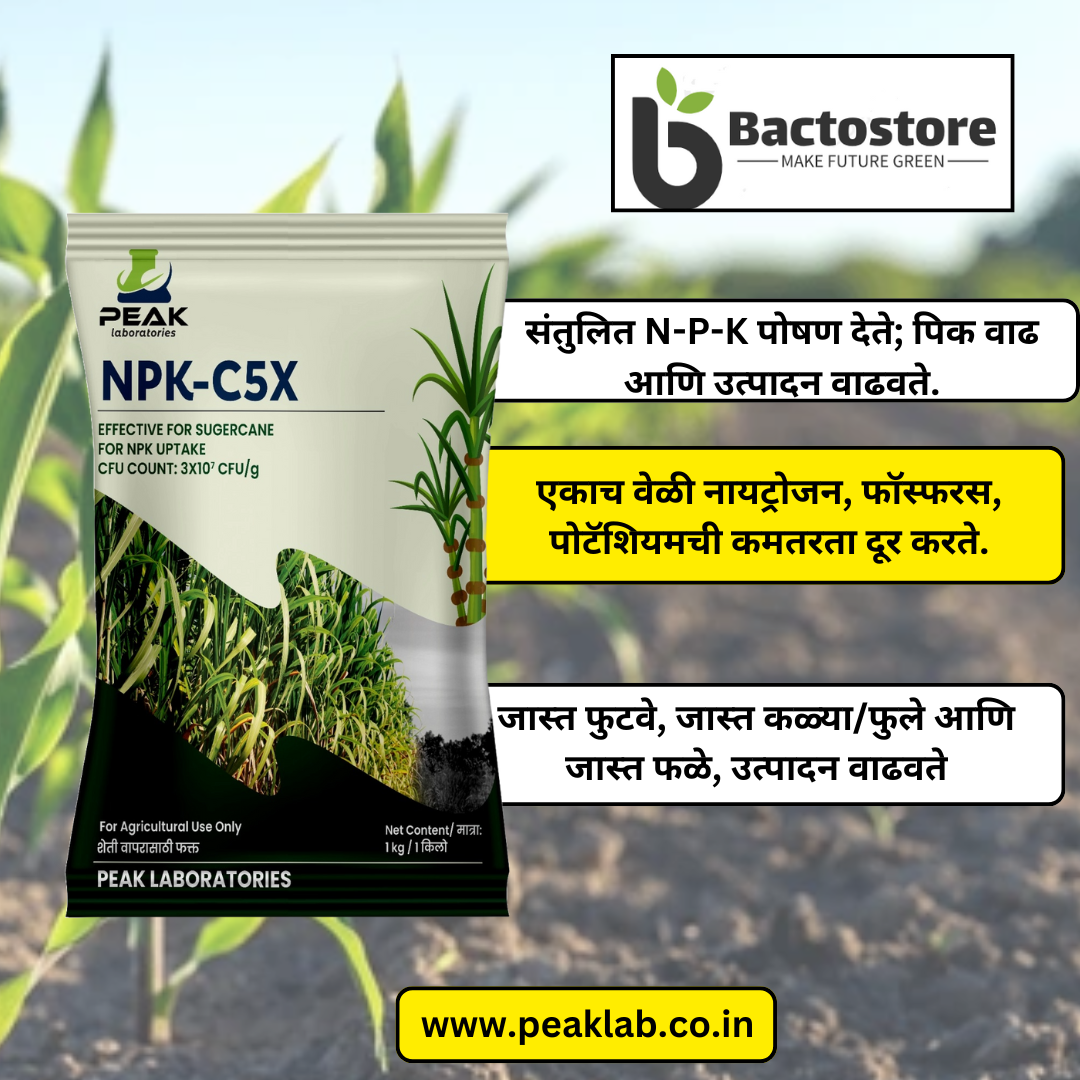Peak Laboratories
TALC POWDER BASE: NPK C5X: NPK CONSORTIA FOR SUGARCANE 1kg (FREE HOME DELIVERY)
TALC POWDER BASE: NPK C5X: NPK CONSORTIA FOR SUGARCANE 1kg (FREE HOME DELIVERY)
Couldn't load pickup availability
Content: Azotobacter,Acetobacter, Rhizobium, PSB, KMB Consortia
Benefits:
1. Enhanced Nitrogen Supply
Azotobacter and Acetobacter fix atmospheric nitrogen, while Rhizobium (though typically legume-specific) may support associative nitrogen fixation in the rhizosphere. This reduces dependency on synthetic urea and ensures steady N supply for sugarcane’s rapid growth.
2. Improved Phosphorus Availability
Phosphate-solubilizing bacteria (PSB) convert insoluble soil phosphorus into plant-available forms, boosting root development, energy transfer, and stalk elongation.
3. Efficient Potassium Mobilization
Potassium-mobilizing bacteria (KMB) release bound potassium from minerals, enhancing water regulation, disease resistance, and sugar accumulation in sugarcane.
4. Higher Sugar Yield
Balanced NPK availability improves sucrose synthesis and juice quality, directly increasing sugar recovery rates at harvest.
5. Robust Root Development
Azotobacter and PSB produce phytohormones (e.g., auxins), stimulating root growth and improving nutrient/water uptake, especially in drought-prone areas.
6. Reduced Fertilizer Costs
Lowers input expenses by minimizing reliance on chemical fertilizers (up to 25–30% reduction in NPK use) while maintaining yield.
7. Disease Resistance
Microbes like Pseudomonas (PSB) secrete antibiotics/siderophores, suppressing soil pathogens (e.g., Fusarium, red rot) and enhancing plant immunity.
8. Stress Tolerance
Azotobacter and Acetobacter improve drought/salinity resilience by enhancing osmotic adjustment and antioxidant enzyme activity in sugarcane.
9. Soil Health Restoration
Enriches soil with organic acids, enzymes, and microbial biomass, reversing degradation caused by monoculture farming.
10. Eco-Friendly Farming
Reduces groundwater pollution from fertilizer runoff and lowers greenhouse gas emissions (e.g., N₂O), supporting sustainable sugarcane cultivation.
Usage: Drip Irrigation, Flood Irrigation and Spray
Suggestion:
Drip : Each 1 Kg/Acre
Flood Irrigation Method: Each 2 Kgs/Acre
Spray: NOT APPLICABLE
Share
